An Interesting Christmas Experience


Have you ever visited an area outside of your hometown and been taken aback at a seemingly tiny detail that was different? Traveling to a new country can often be overwhelming with all of the unique sights, sounds, and smells. Every country has traditions and cultures you’ve probably never laid eyes on before, from the menu and wardrobe to overall manners and gestures you may or may not have accidentally just messed up, and now people are staring.
Whether it’s the transportation, food, or even type of eye contact, people the world over have felt out of place when visiting a new country, and they’re here to share that startling culture shock. The people of the internet have some stories to tell about the wacky, wonderful, and sometimes worrying things that took them by surprise when they traveled to a new place for the first time…
Convenience Store Food


I was visiting family in the Czech Republic around Christmastime. I went to use the washroom and was utterly astounded to see a giant carp swimming around in their bathtub. I learned that it’s customary to eat fried carp on Christmas Eve. It was an interesting experience, to say the least. That was something I never expected to see in a bathtub….
Some countries, the Czech Republic included, have very specific customs they follow for holidays, and this was completely normal for them, I guess. I just kinda didn’t say anything and went back out to join the group as if I hadn’t seen the massive fish in the tub. Reddit User: [redacted]
A Strange Bathroom Practice
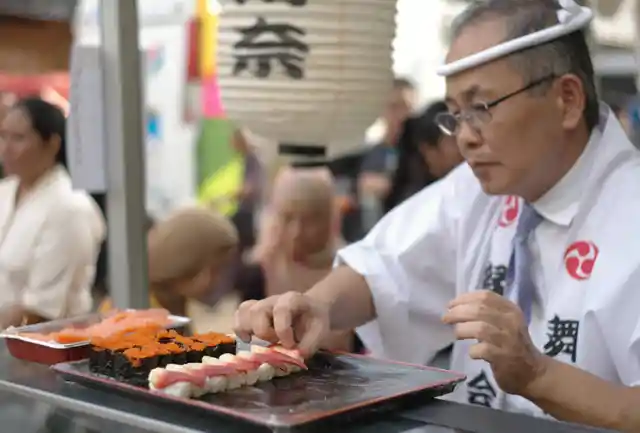
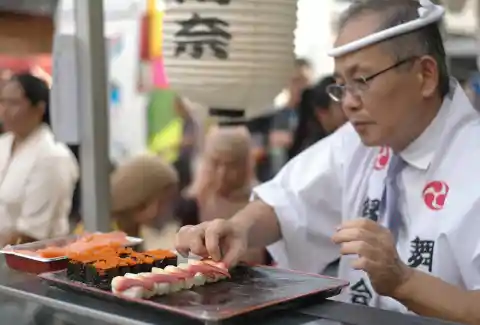
I was surprised by how much quality food there is at Japanese 7-Eleven convenience stores. Yes, you heard me, quality. Obviously, here in the United States, you don’t trust gas station sushi or really any food that comes from them. Honestly, a vagabond or tourist can easily survive eating only 7-Eleven food in Japan since it’s really cheap and not as processed….
I’ve heard a lot about the food in Japan, and it seems like this is a normal occurrence. They offer a variety of healthy foods in convenience stores and from vending machines at affordable prices. It was really strange to find a convenience store that you recognize and to see how different it is compared to 7-Eleven stores in the United States. Reddit User: [redacted]
Different Work Experience
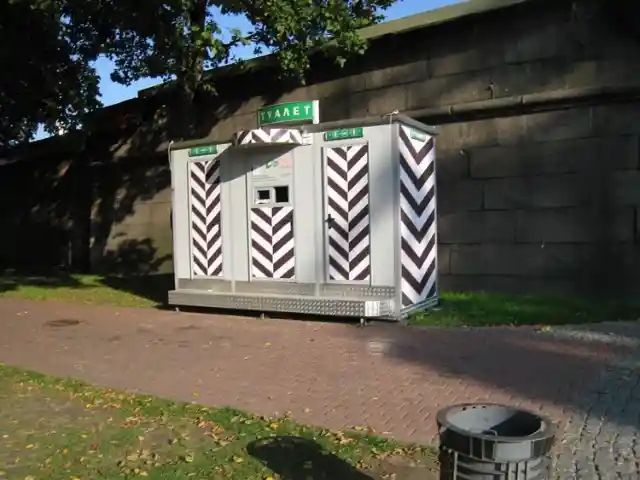

I had an interesting experience when I visited South America for the first time. It was my first time experiencing the fact that that you throw your toilet paper in a trash bin next to the toilet. They have bins specifically for toilet paper. You use the bins rather than flush them because it messes up their sewage infrastructure. It’s so weird to me, but that’s just how things work there….
This was a strange experience for someone who’s used to flushing toilet paper. Some countries have rules against flushing paper products due to faulty plumbing. The paper causes too many clogs, so it’s just easier to place it in a trash bin instead. My only concern would be the amount of lingering germs from soiled toilet paper on and around the trash bins. Reddit User: [redacted]
Dirty Surroundings


My biggest culture shock was working in the public sector. I previously worked in hospitality as a restaurant manager. The change into working a 9-5 office job was extraordinarily tough. People were so awkward and shy. I used to greet every staff member with a handshake previously, but now everyone in my office can’t make eye contact….
Public sector, for me, is the most ‘be careful what you say’ environment regarding absolutely anything, even your plans for the weekend. Some people don’t like to talk or exchange pleasantries at work, as they’re there just to get their work done and go home. It’s taking some time to get used to it, and honestly I’m not sure that I really want to stay. Reddit User: [redacted]
Dangerous Traffic


I live in a very clean city, so I was shocked when I visited South America and saw how dirty it was. People tend to litter everywhere in South America. They literally don’t care and will just throw their trash right on the ground, even if there’s a trash can 10 feet away. I was on a bus in Colombia, and this lady was throwing trash out the window the whole bus ride….
There was a garbage bag across the aisle from her. In Brazil, I was on a boat ride on the Amazon, and our engine got clogged up. They stopped the boat, pulled the engine up, and there’s a black trash bag wrapped around the motor. The driver proceeded to take the bag off and throw it right back in the river before starting the boat and taking off. Reddit User: [redacted]
A Little Hand Holding in Japan


The worst experience I ever had was traffic in Vietnam. I had to cross the street by walking slowly, letting the overloaded scooters drive around me. I got used to that relatively quickly. That wasn’t the worst part, however. I rode the overnight bus from Hanoi to Danang. It was crisscrossing the highway, having near misses with incoming trailers, and honking every three seconds….
That was scary. I couldn’t believe how dangerous it was. I’m really surprised that I didn’t see any accidents. It’s like everyone was so used to it that their driving skills adapted to the craziness. I guess it’s normal for the people in these cities to drive that way. I definitely couldn’t live there and get used to driving like that. Reddit User: [redacted]
Rude Behavior
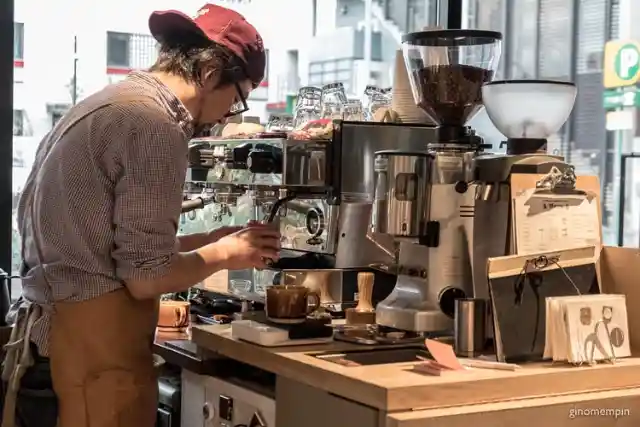
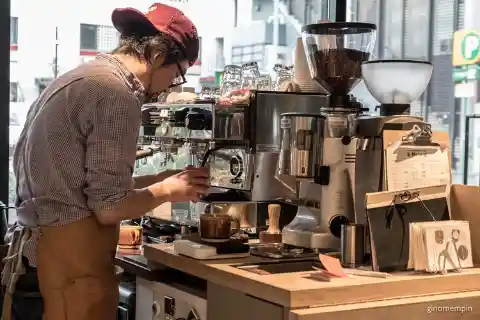
My first time in Japan was an interesting experience. The first interaction with anyone outside of the airport was strange. I got there early in the morning. It was a long flight, and I had a meeting in an hour. I needed coffee and decided to go to 7-Eleven before heading to the hotel. The guy at the counter greeted me as I’m looking around for the coffee….
He ran around the counter, eager to help me in any way. He takes me to the coffee, points to the different types, gets a cup for me, and shows me how to use the machine, practically holding my hand through the process. He got me all set up with a fresh coffee. He even helped me count my money and opened the door for me as I left. Reddit User: [redacted]
Japanese Sexism


I grew up in a working-class city where passive-aggressiveness wasn’t a thing. If people didn’t like you, they made it obvious. Shouting matches and fist-fights were pretty common. Then I get a job at a snooty Ivy League university, and nobody expresses what they actually think or feel. Snide remarks have replaced insults, people quietly conspire against you while pretending to be your friend, and you can’t call people out on their bad behavior without getting socially shunned….
I’ve never understood why people have to be so rude. There’s absolutely no reason to sabotage coworkers and conspire against them while pretending they’re your friend. It doesn’t cost anything to be kind to those around you. I mean I guess I don’t miss the fist-fights, but still, I miss the ability to be direct, I guess. Reddit User: [redacted]
Big Changes
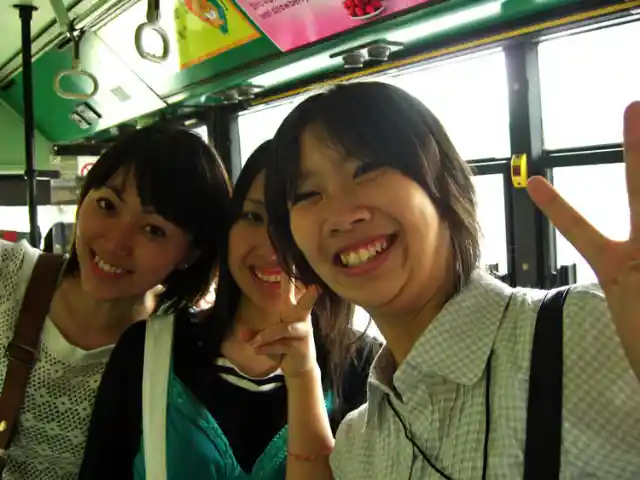
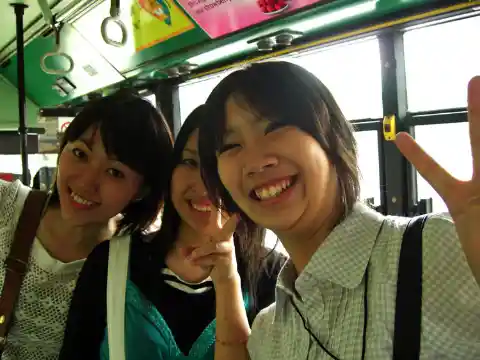
Picture this: I’m the only American working at a company in rural Japan. It may be surprising to hear, but sexism is a problem here. Women are required to wear skirts, while men wear uniforms. Women aren’t allowed to stay past 5:30 pm or get overtime. Our company also has a directory that shows special symbols for every woman working here….
Women are very unlikely to be promoted. There’s only one female manager in the entire company. When a woman gets married, 90% of the time, they quit the company. If a married woman’s husband’s parents die, the company sends a card and money. If her own parents die, they send nothing. We must also serve tea to the men and clean all of the offices. Reddit User: [redacted]
An Egyptian Experience
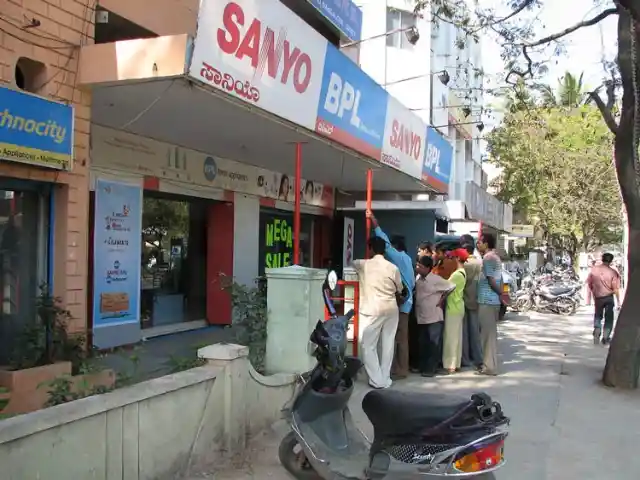
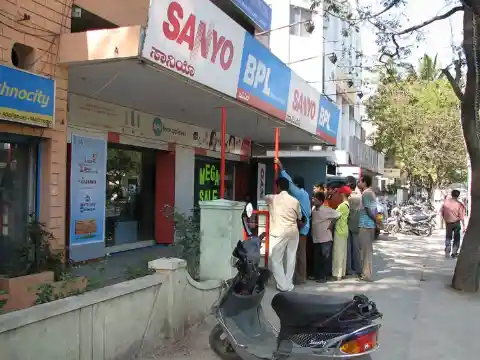
I spent 12 weeks backpacking in India. The most intense culture shock was when I returned to the US. There were no people outside! The streets felt deserted. In India, every city street is just packed with people. I had a second wave of a culture shock when I went to the grocery store for bread and the aisle was 25 feet long and had dozens of varieties….
There are lots of things I used to take for granted that suddenly felt like such a blessing. It’s strange to get used to a certain place and then return home. Twelve weeks doesn’t seem like a very long time, but it definitely opened my eyes to the differences in cultures around the world. I definitely won’t be complaining anymore. Reddit User: [redacted]
I Just Want to Be Warm
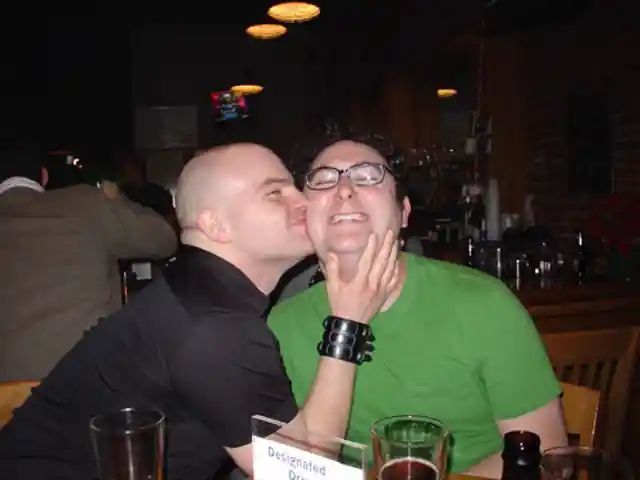

When I went to Egypt, everything was written in Arabic script. It made me realize what it would be like to be completely illiterate. They also eat some strange things over there. Stuffed pigeon is a delicacy. I couldn’t imagine eating those birds, as they’re everywhere in the United States. They also eat every part of a cow, including the stomach and intestines….
I met up with an old friend when I was there, and he ended up being a few hours late. I asked him what happened, thinking the worst, and he basically told me it’s normal to run late in Egypt. I guess it’s also normal for men to kiss each other on the cheek, and that’s definitely not something you’d see in the United States. Reddit User: [redacted]
Moving to the United States
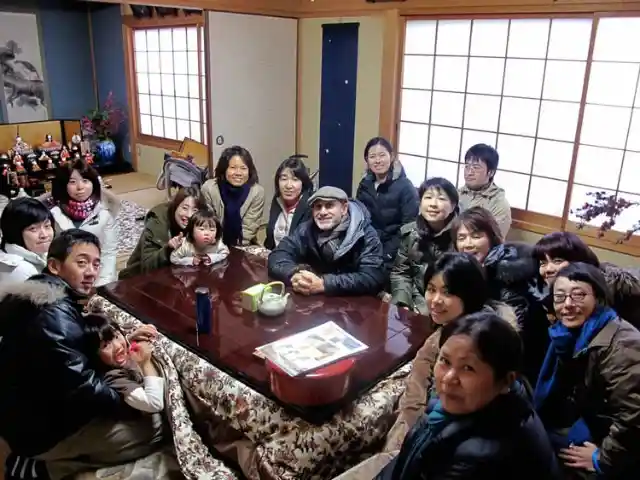
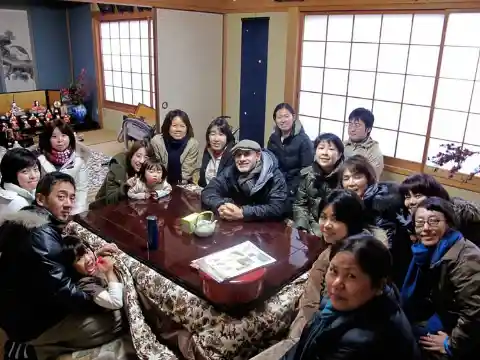
The lack of central heat in Japan was a rude wakeup call for me in my first Kansai winter. They use something called a kotatsu, which is basically a table, blanket, and heater. No one has furnaces in their homes. They get warm by setting up a kotatsu. I froze throughout that entire first winter in Kansai. Who knew they didn’t have central heating….
It was certainly interesting. A kotatsu is a piece of furniture that allows you to snuggle up with a blanket and get warm. The heater is set up underneath a table with a blanket over the top. The heat radiates throughout the open space between the table and blanket, allowing you to get warm. It’s like a great way to warm up quickly, but I didn’t have one. Reddit User: [redacted]
A Strange Experience in Sweden
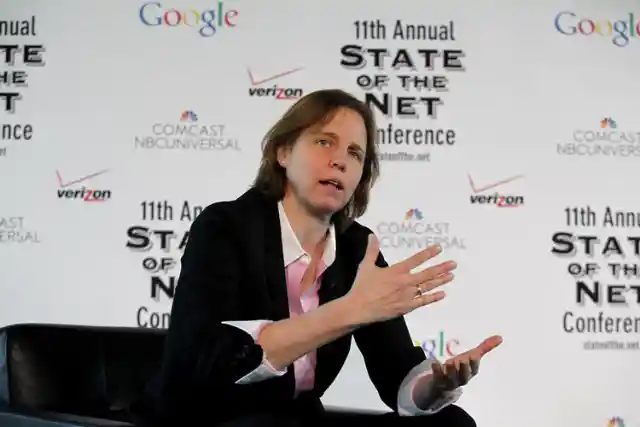

I recently moved to the United States nine months ago. I’m still not used to everyone asking me how I’m doing. I’m from Norway, and this is something we don’t do in my home country. Now, if the cashier asks how I’m doing, I get embarrassed and don’t know how to answer. It’s a strange concept to me even though I assume the cashiers are just trying to be nice….
This is normal in the United States. It’s just common courtesy to ask others how they’re doing in customer service positions. It would be considered rude not to ask. I’ve heard that this practice is uncommon in other countries around the world and leaves foreigners confused. The people who work in customer service are required to ask in most places. Reddit User: [redacted]
Don’t Bother Me


I went on a backpacking trip to Sweden a few years ago and got lost. I decided to hitchhike to the nearest city to figure out where I went wrong. When I was hitchhiking, everyone was smiling, waving, honking, and at gas stations asking what I was doing. Everyone was admiring the idea and what I was up to. I was surprised to find out no one ever wanted to give me a ride….
Everyone who drove past was giving me a thumbs up and cheering but never stopped. It was so strange to me that no one would offer me a ride. I felt strange asking after a while and decided to walk to the town on my own. If I see anyone hitchhiking at home, I always stop to see if I can help. Reddit User: PUAskandi
Iranian Hospitality
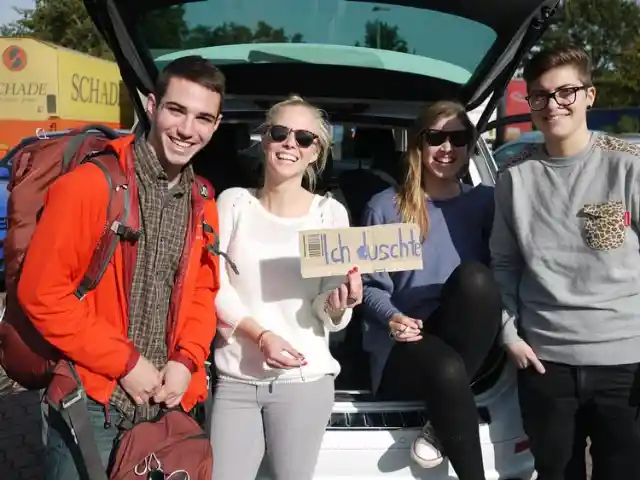

I’m from Boston, and the foreign city I’ve felt most at home at was Stockholm. There’s no small talk, and people will be helpful if you ask but won’t be interfering. Honestly, visiting rural West Virginia was more of a culture change than Sweden. The gas station cashier wanted to know where I was from, where I was going, and how my day was so far….
It makes me feel fidgety just thinking about it. Take my money and leave me alone. I’m just not comfortable with small talk. People are only asking to be nice, but I know they don’t really care how I’m doing. In all my travels, this was the trip that shocked me the most and left me feeling extremely uncomfortable in my own country. Reddit User: abhikavi
Iranian Taxi Rides
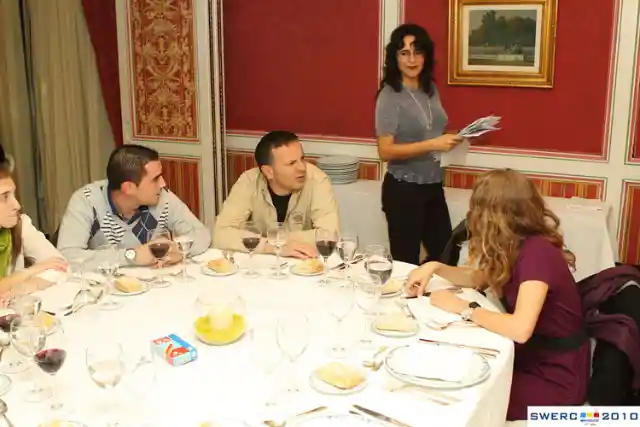

I’ve been to Iran twice, and they have this very elaborate and convoluted culture of hospitality. They say in Iran hospitality is an extreme sport. When you’re at someone’s house, you have to eat whatever they give you. They will not stop offering, so you will be force-fed until you’re sick. I found the only way to avoid this is to hold a full plate of food and pretend to be eating it….
If you compliment them on something, like a pretty painting on the wall, they will take the thing off the wall and give it to you to take home. Now, this is where it gets convoluted, because they don’t really want you to take it. Yet if you refuse, they’ll still act insulted. It’s all part of the show. Reddit User: mostlyemptyspace
Confused in Germany
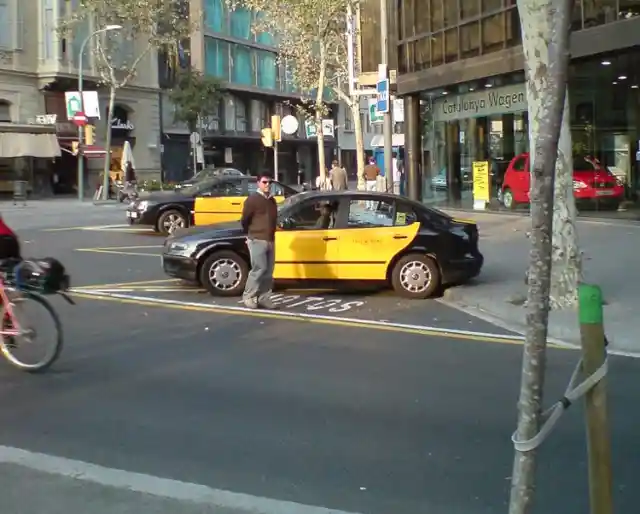
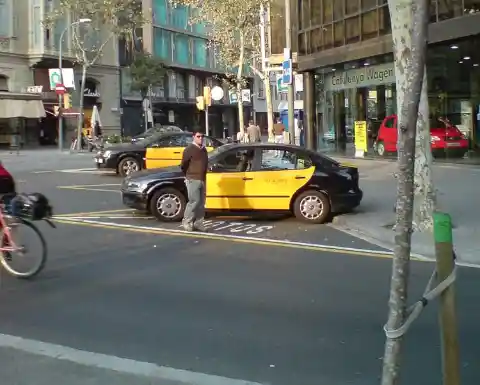
The most intense culture shock I ever experienced was in Iran. Say, for example, you take a taxi. When you arrive at your destination and ask what the fare is, the driver will say, “Nothing, of course! You’re my guest! I hope you love Iran!” The natural response is, “Come on, seriously, what’s the fare?” This goes on and on for several minutes until finally, he gives in….
He gives you a price, but it’s way too much. Now the negotiation goes the other way when you’re saying that it was only a five-minute drive and he complains that he gave you a tour of the area. Eventually, you come to some agreement where you’re both equally grumpy and exhausted. Then he gives you the warmest goodbye and wishes you well. Reddit User: mostlyemptyspace
Spending Time in China
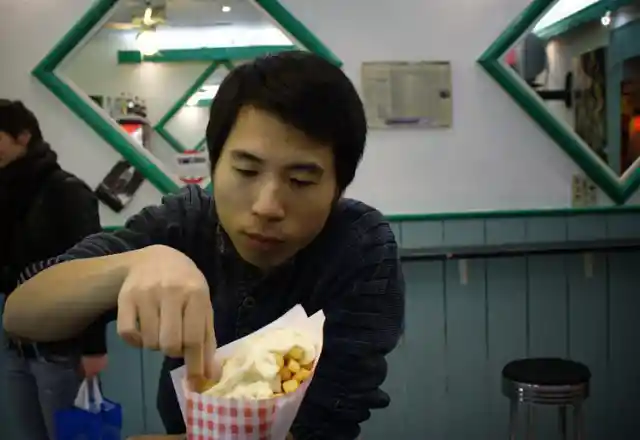
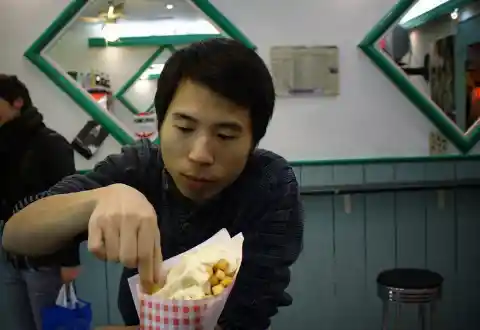
Let me start off by saying I’m a fairly simple man. I took a trip to Germany a few years ago and stopped at a local restaurant for lunch. I had asked the hotel concierge for a good place to eat. She told me about this great restaurant where I had to try the French fries. French fries actually sounded good, so I decided to give the place a shot….
The restaurant was nice, and the staff was friendly, so I decided to try the fries and a cheeseburger. The shock came when the waiter brought out my food and proceeded to dump a ton of mayonnaise on top of my French fries. It changed my world. I couldn’t understand how mayonnaise worked with French fries. I tried to eat them but couldn’t get over the amount of mayonnaise. Reddit User: Moots_point
Line Cutters in China


The only culture shock I’ve ever experienced was while vacationing in China. I was waiting in line for a train and kept getting shoved by everyone around me. I got really angry after a few minutes and not receiving an apology from anyone. They wouldn’t even make eye contact with me. It took everything I had not to chew anyone out….
I was so offended at first, but I quickly realized it was happening to everyone. I later found out that shoving and cutting in line is a normal practice in China. They tend to do this when waiting in lines for the subway and trains. I never found out why they do this, but I’m assuming it’s because of the large population. Reddit User: GingerArtMagic
European McDonald’s
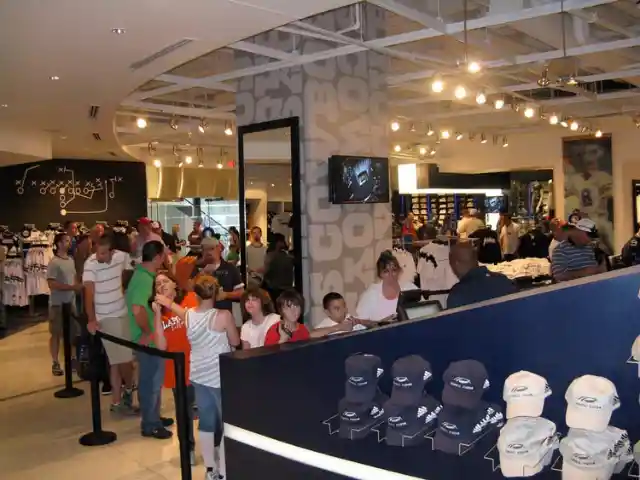
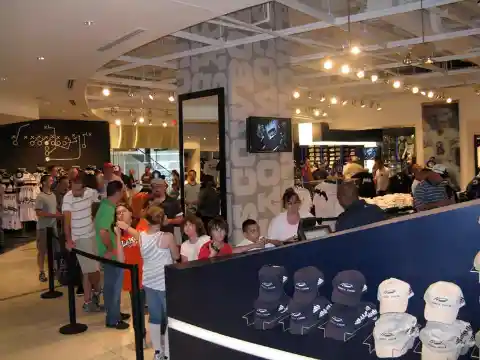
This was the worst experience I’ve ever had. I went on a vacation to China a few years ago. There was one day where I needed to take the subway to get where I wanted to go. I noticed a large line waiting for the subway and decided to just get in line and wait. You have to be practically touching the person in front of you while waiting or someone will cut in….
Then, just being bumped into, yelled at, and prices jacked up because you’re foreign. It was hard to enjoy China without patience and perspective. It also didn’t help that I went from Tokyo to Shenzhen. That’s like cultural whiplash. I honestly don’t think I’ll ever go back. There are plenty of other places around the world to check out that won’t involve this kind of behavior. Reddit User: Koenigseggissenisegg
Visiting Vancouver
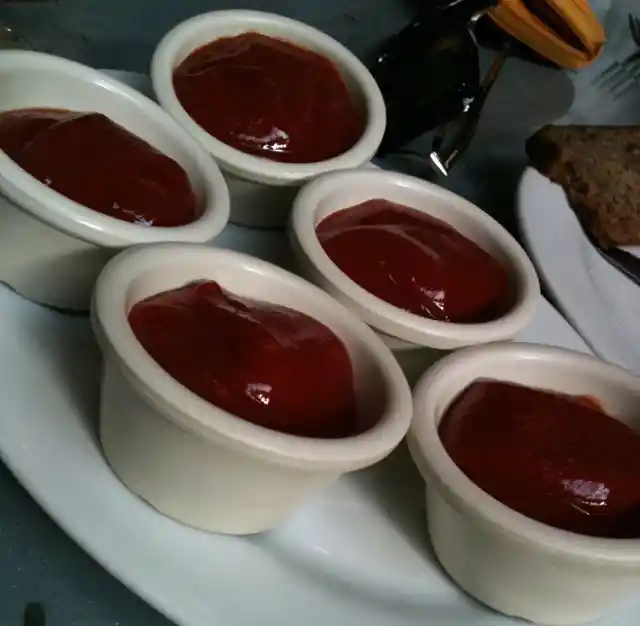
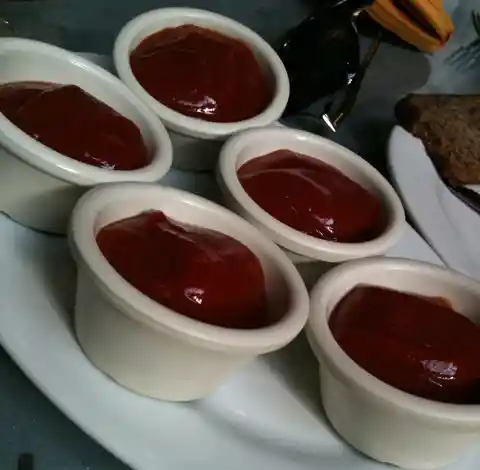
This topic reminds me of me being an American visiting somewhere in Europe many years ago. We went to a McDonald’s, and I asked for some ketchup to go with my fries. The lady behind the counter asked me how many. I thought it was kind of strange, so I just said 4 or 5 would be good. Then she asked, “Well, do you want 4 or 5?”
I said yes. She said 4 or 5 again. At this point, I was getting angry and just told her to give me five. I was given my food and ketchup, and as I walked to my table, I glanced at the receipt. I saw I was charged for each pack of ketchup. I didn’t know that that was a thing. Is that still a thing? Reddit User: [redacted]
Too Many Umbrellas


I’m from Sweden and visited Vancouver a couple of years ago. The cultural difference was huge. People were chatting with me in every store, and it was great except when I visited UBC and tripped on the grass, and a maintenance guy got out of his car and came up to me to see how I was doing. I only tripped and landed on my knees….
It was no big deal. It happens all the time. Here in Sweden, if someone falls and obviously isn’t dying, you just pretend you didn’t see it. I, as a Swede, was mortified people acknowledged it. I just wanted to crawl in a hole and hide. It was so embarrassing. My trip to Vancouver helped me realize that things are different everywhere. Reddit User: Lullla
Naps Are the Best
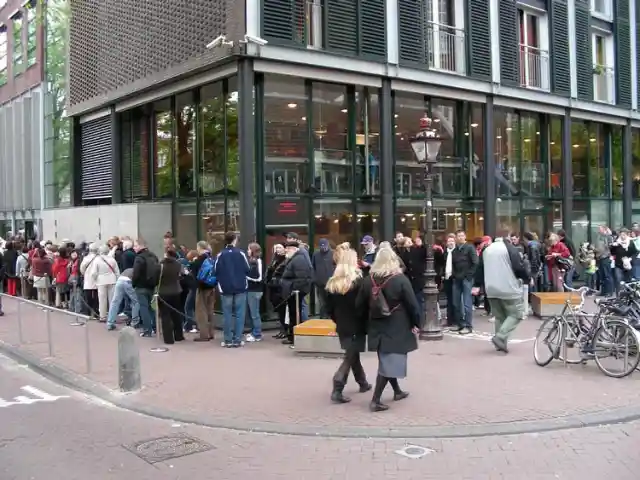
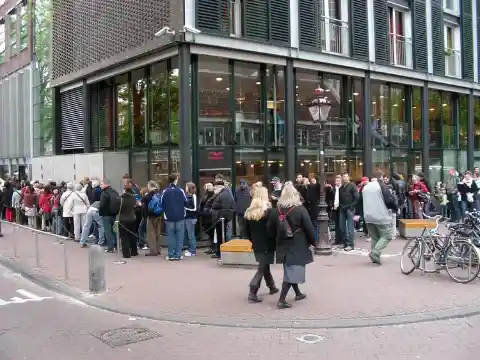
Oh man, when we were in China, we had to wait in line outside to get into this one museum, and it happened to be raining that day. I’ve never wanted to rage smash umbrellas so badly in my life. I was so angry. We were quite a bit taller than the average person, so every umbrella prong was in our eyeballs….
We also caught a lot of people trying to take pictures of us while we waited in line. You’re not being sneaky, Chinese people. You’re a foot away from us with your phone in our faces. We know what you’re doing. That was something I couldn’t understand. Why would they be taking pictures of us? It makes me wonder if I had something on my face. Reddit User: austenQ
Try Speaking the Language
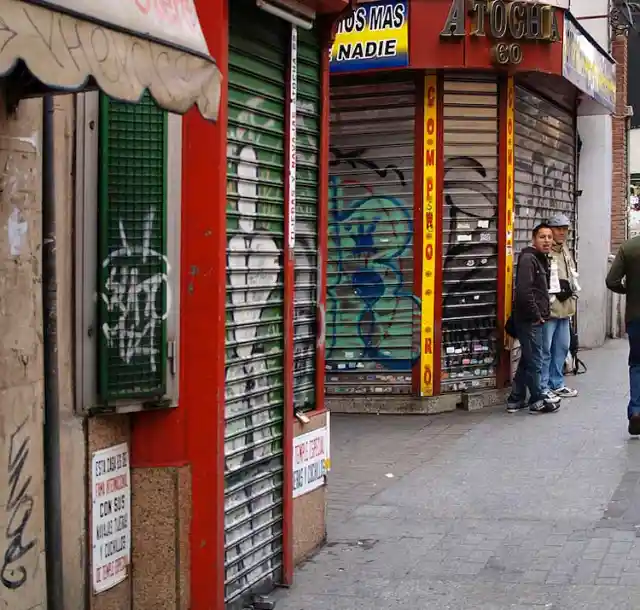
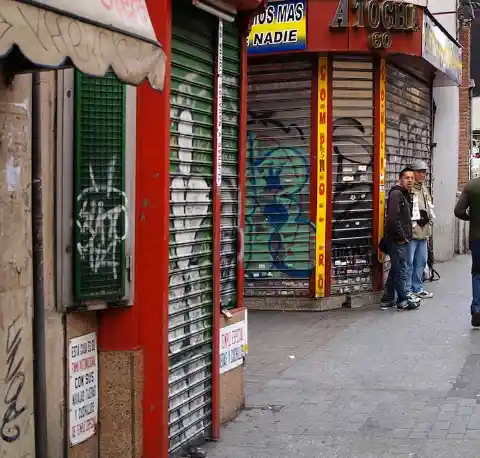
My family and I took a trip to Spain a few years ago. The biggest culture shock was finding all the shops closed in the afternoon. We didn’t know about the siestas. They take naps every afternoon and take it very seriously. All of the shops and restaurants close for a few hours every afternoon and are opened later every night….
It’s so quiet when everything closes for the siestas. You could actually hear a pin drop. My family decided to immerse themselves in the culture and take naps in the afternoon while we were there, but I couldn’t do it. I just stayed up and watched television for two hours, waiting for everyone to wake up. I guess it’s good they stay open later every day to compensate. Reddit User: QuantumPsk
Japanese Customs
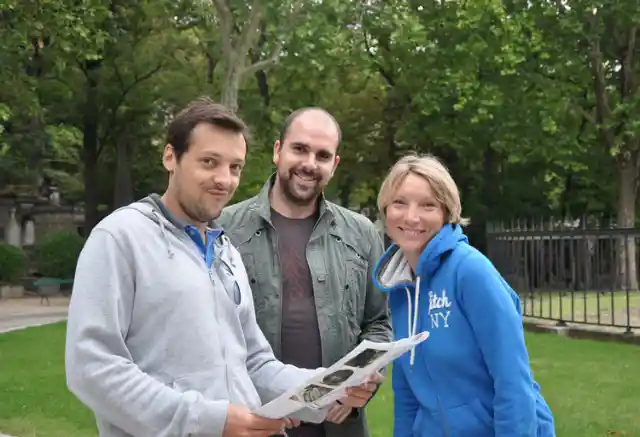
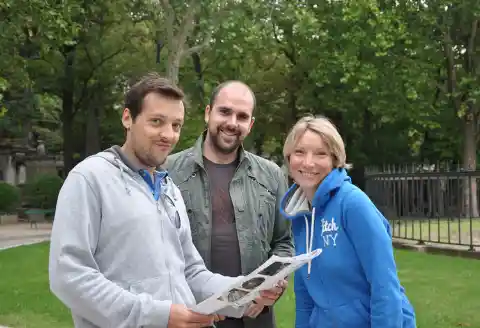
When I visited Paris, people would be reluctant to help if I didn’t at least try to speak some French. Once I began to start off in French with, “Hello, I’m sorry, I can’t speak French. Can you speak English?” people began to be more willing to help. I always made sure to use bonjour and merci. People were kind, in my opinion, when I started doing that….
It’s always a good idea to try learning some of the native language when visiting a new country. There are plenty of helpful phone apps available to help, and they can translate back and forth between languages and actually speak the words for you depending on which one you use. It’s a good idea to learn some common words before traveling to a new place, though. Reddit User: justinbreaux
Drink Refills
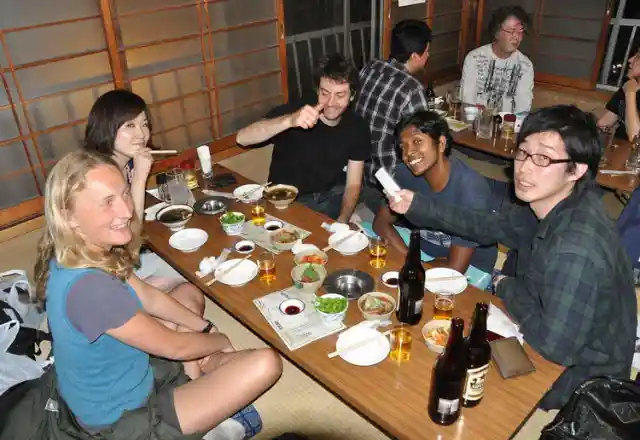
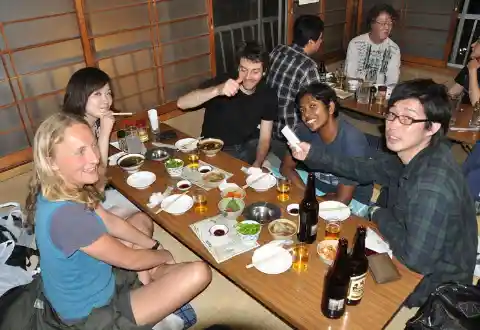
My wife is Japanese. On my first trip over to meet her mother, she invited us out to a yakitori restaurant to meet a few of her friends. Now I don’t speak much Japanese. I can understand about 15% of what’s going on. The man next to me, her mother’s friend, spoke no English at all. He offered me a cup of sake; I gratefully accepted and emptied the cup….
He diligently refilled it. We did this quite a few more times until I turned to my wife and told her I thought he was trying to get me drunk. She said he had to refill it if I emptied the cup. It seems as though my efforts to be polite (finishing what was offered to me) were actually contrary to what was polite in Japan, leaving a little of what was offered to show that you’re satisfied. Reddit User: Dalivus
Big Changes


This is how I feel as an Australian living in America and going out to restaurants. Say you order a soda or something. Free refills are not the norm in Australia, and I’m used to ordering my drink, drinking it, and that’s that. If I want more, I’ll order another. In the US, before your cup is barely half empty, they just pour more into it, and you end up drinking way more than you wanted to….
I know Americans just see that as good service, but I kind of hate it. I always grew up with the rule that “leaving anything is rude,” so I will consume literally anything that’s put in front of me without thinking. Taking home leftovers from a restaurant is common in the US, whereas it would be considered a somewhat unusual request in Australia. Reddit User: Cimexus
She Wasn’t Making It Correctly
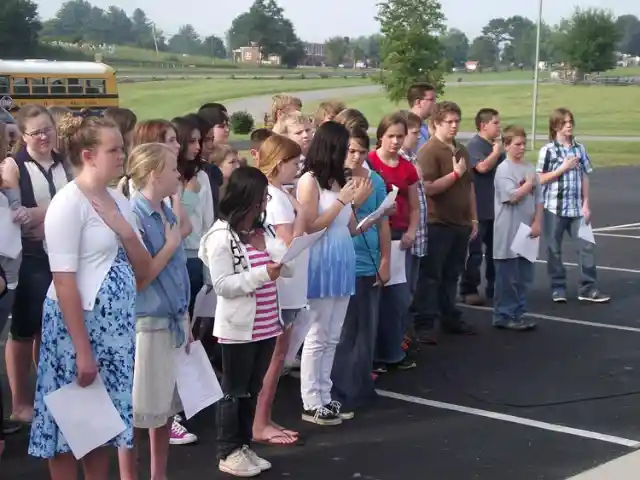

When I was a teenager in the 1980s, my family lived in Myanmar because my father was part of the US embassy. I went to a school with 33 students from 14 different nationalities. Everyone got along because there just weren’t enough of us to bicker about things. From a teenage perspective, forget international politics. We just wanted to dance to Wham! and Duran Duran….
We moved to Connecticut right before my junior year. People in my high school there would not speak to other students due to their musical tastes. Kids who were into the Grateful Dead wouldn’t speak to kids who were into Madonna. Kids who were into Metallica wouldn’t speak to kids who were into the Grateful Dead. It seemed like the absolute pettiest amount of stuff I could possibly imagine. Reddit User: estrogyn
Rules Are Different Here


My biggest culture shock came from a neighbor. I live in the United Kingdom and recently became friends with someone new. She was from Canada and recently moved in next door to me. I went to visit her one day and realized she was sick. We were talking in the living room, and she announced that she was going to make herself a cup of tea to get better….
She didn’t have a kettle, so she made herself tea using hot water from the tap. From the tap. I couldn’t believe what I was seeing. I decided to show her how to make proper tea without a kettle. When I boiled up some water in a pan, she took a sip and said it was way better than her tea. Reddit User: Portarossa
Problems in South Africa
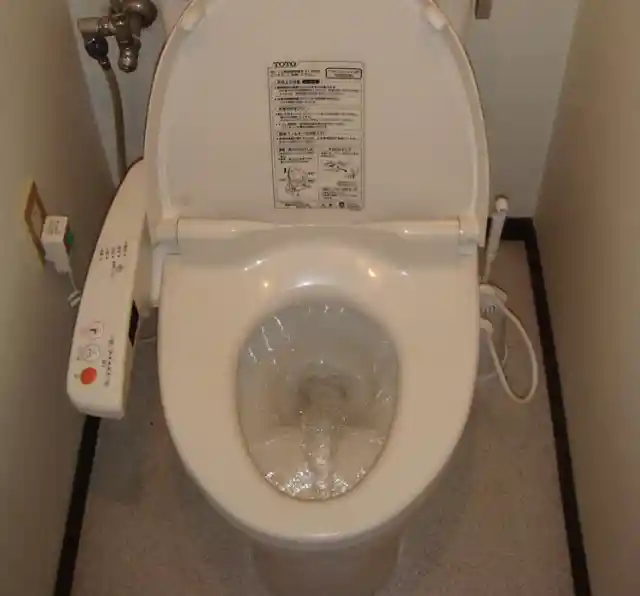
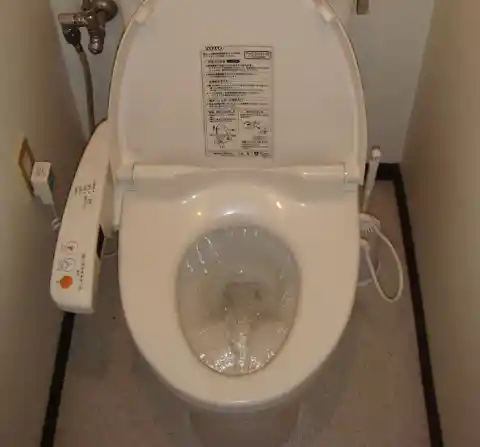
My grandmother was visiting the states for the first time from Guatemala. She asked to use the bathroom, and when she came out, I noticed some toilet paper in the trash. She nicely folded up her used toilet paper and put it in the trash can next to the toilet. I asked her if she was okay, as I didn’t see that to be normal….
I had to explain to her she can flush it. She was shocked that you could do such a thing in the United States. I found out that in Guatemala, everyone is asked not to flush toilet paper because it will clog their toilets. She explained that it’s a major issue with the plumbing in that country. I was surprised to hear that everyone doesn’t flush toilet paper. Reddit User: Hobbit316
Differences in Vending Machines


I’m a white American and once saw true racism directed toward myself. I was a sophomore in high school and went on a mission trip to South Africa. The attitude toward white people since Apartheid, even to this day, is distrust, distaste, and contempt. Being white in America, I had never experienced this. People around here (US) like to complain of reverse racism, etc….
Seriously, until you’ve experienced true racism, gotten the side-eye from everyone you meet in the country until you’re followed around a store or straight up told to go back to where you came from, it’s not possible to truly understand inherent racism. It was a huge eye-opener for me. I couldn’t believe what I was hearing and seeing around me. Reddit User: cn2092
What People Notice in India
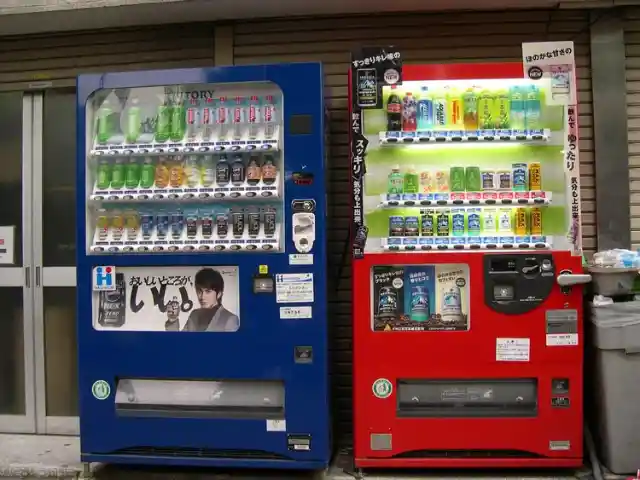
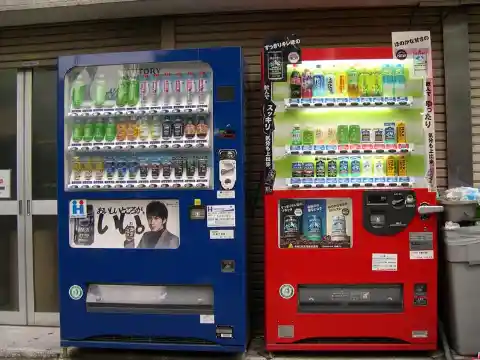
On my first visit to Japan, I bought a drink from a vending machine that cost ¥100 (~$1CAD). Not quite understanding the exchange rate yet, I put a ¥5000 bill in. The machine gave me ¥4900 in change. When I realized what I did, I was blown away that this machine held that much change. There were about five more vending machines around, probably also holding just about the same and thousands all over the city….
I feel like that couldn’t happen where I’m from. The machines would get busted up, and the cash would be stolen. That’s just one example of all the nice stuff they have in Japan that’s kind of protected by the population having honor and shame as motivators not to mess it up. It was a big shock, but very refreshing! Reddit User: BIRDsnoozer
A Major Adjustment


I noticed very few trash cans in India, even in people’s homes. However, unlike Japan, which I’ve heard is very clean, India is so full of litter. People just throw stuff on the ground, even when trash cans are available. In some places, you can’t see more than a dinner plate-sized section of the ground at a time because there’s so much litter peppering the ground….
It was so hard for me to fathom that people could have such disregard for the environment. My theory is that because labor is so cheap, it’s easy to view all forms of cleaning as something that’s meant for “lower caste” people to do. In the US and other more developed nations I’ve visited, nearly everyone, rich/poor, big/small, old/young, will use a trash can. Reddit User: [redacted]
An Icelandic Vacation
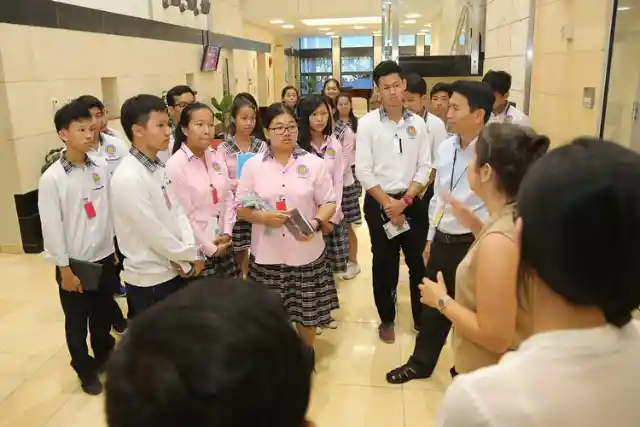

I’m American and moved to the US for the first time when I was 11. My parents worked for the federal government. We moved every 2-3 years, mostly in the Middle East. I missed a lot of pop culture and spent a lot of time “studying” after we moved here so I could talk to friends and classmates without having to say “I’ve never seen that movie/TV show/heard that band….”
I also went from a class of 8 in fifth grade at a British embassy school to a class of 400 in sixth at an American public school. Class sizes were overwhelming. I had to adjust to new spellings and styles of cursive writing. I didn’t always use the right terminology for things. I didn’t speak much during the first year we were here. Reddit User: first_oftheday
Technical Issues
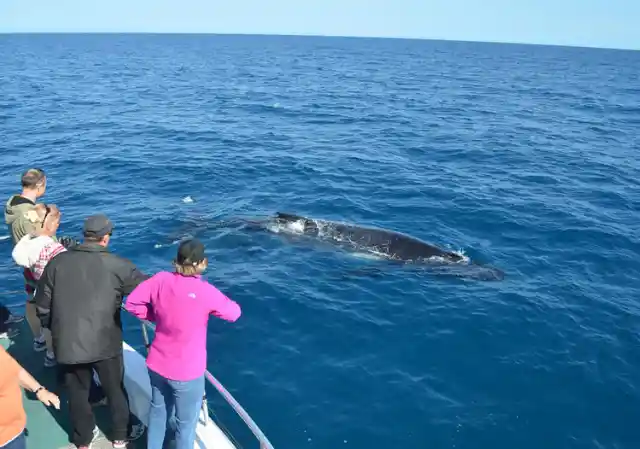

I went on a trip to Iceland and couldn’t believe how hospitable everyone was. Every single person was extremely helpful, offered directions and advice on restaurants, and asked if I needed to borrow a phone. They’ve got you. We even went into businesses like whale watching, and when quoted a price we couldn’t afford, they would Google cheaper places nearby for us….
It was insane compared to competitive US businesses. Even when we went whale watching, a rival company found a blue whale and called our boat to tell us. That would never happen here in the US. The only thing I had trouble with was how expensive everything is. Seeing how expensive just one drink was ($26) made me want to throw up. Reddit User:LoverOfDogsDawg
The Art of Haggling

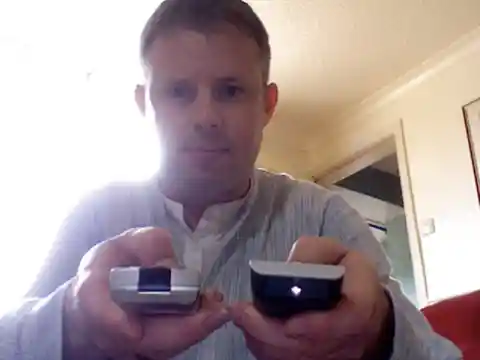
When I first went to Japan as an exchange student, I knew I didn’t speak the language, but the full implications of that didn’t really hit me until I went to karaoke with a big group of friends. Someone was having trouble with the remote for the karaoke machine, and I thought, “I’m good at figuring tech stuff,” so I tried to do it….
Everything was in Japanese characters, and I couldn’t even begin to guess what to do. So, for the first time in my working memory, I couldn’t read. I’d been to Europe before and was able to generally figure things out since it was in Roman letters, and the words were similar to some English words, so it just hadn’t occurred to me that I wouldn’t be able to read at all. Reddit User: mobiuschic42
Manners Make a Difference


In the US, when you go to the store, items have a price tag, and that’s the price. End of story. In fact, if there’s no price tag, they will make you wait in line until they can get someone to check to see what the price is for that item. When I was in Jamaica, vendors seldom had prices on their products….
You had to ask what the price was. The vendor would give you a price, but that’s not the actual price. That’s their opening salvo. You counter, and then the haggling begins. Now, I know in the US there are some industries where you can still haggle, but for 99% of the stuff we buy, we just pick up the product, look at the number, and decide if we want it or not. Reddit User: CarterLawler
It Just Took a Trip to China


A decade ago, I went to Tokyo for the first time. Everything was great, but what really stood out was the sincerity and manners that just about everyone exuded. This was particularly noticeable at Narita airport on the way out. A security guard stopped me, apologized, and said that he needed to check my passport (routine/random). I was blown away….
This guard at the airport wasn’t on a power trip, recognized he inconvenienced me, and was very professional about everything. I was truly shocked. I’ve only ever dealt with guards that were rude. I had a great time in Tokyo and definitely want to go back in the near future. Meanwhile, I got back to LAX in Los Angeles, and everything went back to normal. Reddit User: meta_perspective
Just Bring the Kids


I went to China for a one-semester university scholarship back in 2017. I’ve never been popular among girls, despite the fact that I’m not the ugliest guy ever. I think I’m pretty good looking and very tall. However, for most of my life, I was kind of shy and couldn’t really find any good way to get a girlfriend. It was different in China….
From the first day to the last, I felt like I was Johnny Depp. I had girls randomly asking for photos of me on the street, in cinemas, restaurants, etc. I went on quite a few dates while I was there and was able to meet the love of my life. We’re currently planning our wedding and are excited about our future together. Reddit User: AcharBronie
The Size of Drinks


My Italian culture shock was seeing people bring their kids everywhere with them, including out to dinner at 9 pm. Kids, even small ones, were well behaved even when tired. I saw a few passed out on benches next to their parents after dinner. It was kind of nice. In the US, I think there’s a lot of pressure on parents to give up ‘having a life’ once they have kids….
It’s a huge hassle if you want to go out late. You’ve got to arrange a babysitter, etc. In Italy, you just bring the kids along. It was nice to see families spending time together and not worrying about anything involving their children. I think this is the way it should be everywhere around the world. Every child deserves to have as much family time as possible. Reddit User: abhikavi
While Americans traveling abroad have found themselves stunned by what they’ve seen in other countries, tourists that visit the United States from other countries have experienced much of the same. There are apparently some serious “Americanisms” that foreigners just weren’t prepared for…
Barely Any Vacation
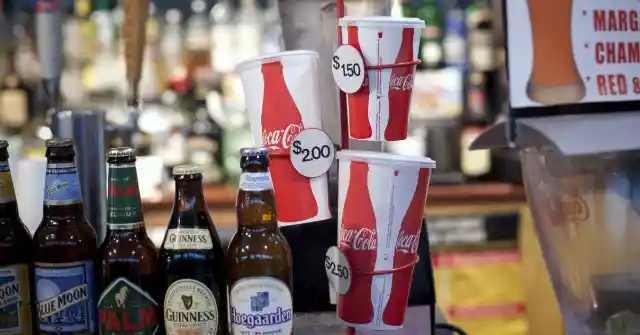
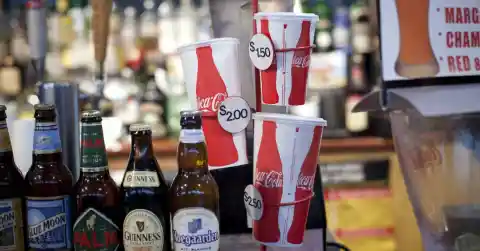
The Reddit user Tablekick writes: “I’ll personally never forget the look on my cousin’s from overseas faces when they ordered a “small” drink – it was actually a 20 oz. soda.” Would you tell the waiter that you ordered a small? Think again, cause small isn’t quite small!
That’s Not One Dollar!


A writer, who was originally from the UK, was floored by the difference in time-off that people in America get, compared to where she was from. At a previous employer, she was given 25 vacation days, 8 paid bank holidays, and additional 5 days off if she wanted to buy those.
When she got her first job in the United States, she was given a total of 10 days for the year, which had to be accrued and were for vacation and sick time. She found it an extra slap in the face when the company said “We know you work hard and we understand how important it is to provide you with time to rejuvenate and relax.”
Did He Just Leave?
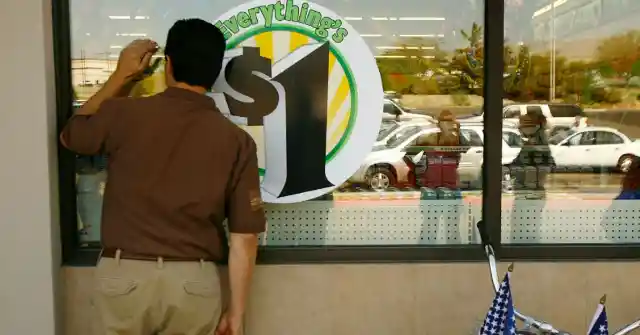
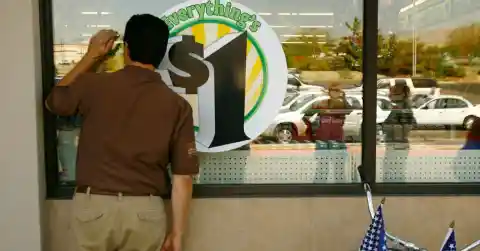
Stores with $1 products are actually more than a dollar because there is no tax on the tag, explains a user on Reddit – yakobski. So, you buy a ton of products each worth a dollar to find out that you have to pay a little bit more. Open the calculator app get extra money, cause you’ll have to pay more.
One Order For Diabetes
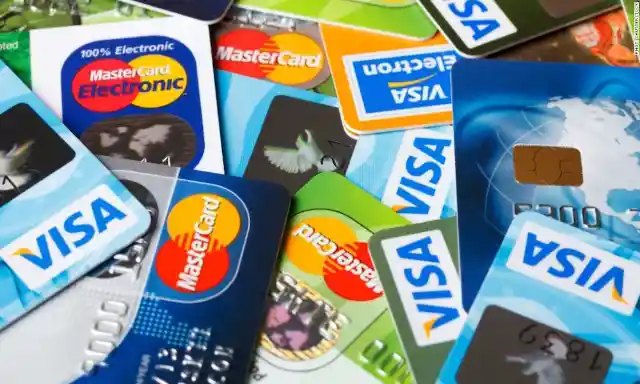
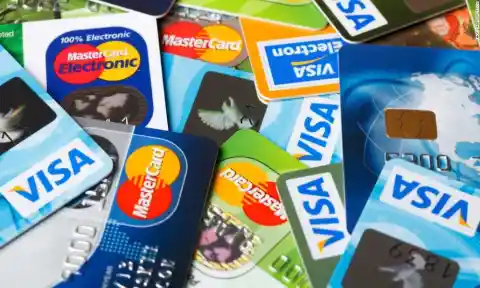
“I went to pay with card in a restaurant and the waiter just took it and walked off,” said YouserName007. Can you believe that the waiter just left with the person’s credit card? It’s like they took the walled filled with cash to remove the amount you had to pay and then returned with it! It really is insane!
Is That an Alligator?


Reddit user kashkavaliant said: “When I ordered a cappuccino at IHOP, it came in a bowl-sized mug with cream on top and was filled with sugar and vanilla.” With the size of drinks so huge, you must be prepared for the absolute sweet American cappuccino with whipped cream and some diabetes on the side…
Cups and Some More Cups


Something that would easily increase your blood sugar would be to see a man holding an alligator in his arms! AlexHY1999 writes: “In 2015 I went to Florida. We walked past a crazy golf place, and a guy was holding an alligator in his arms, he also told me he had an 8-foot alligator in the back.”
The Englishman was stunned to see the Floridian, but Florida really might be considered a country of its own.
Commutes and Churches
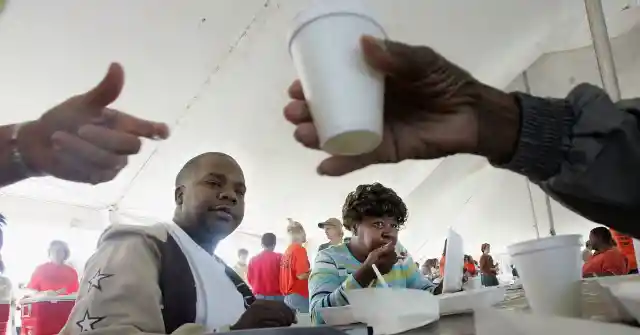
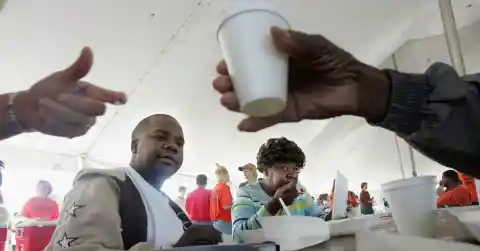
“I was extremely surprised that in fast food restaurants you will find unlimited soft drinks from time to time (like a refill cup).” Belikejordi added in the Reddit thread that “people pay extra for a bigger cup,” which is crazy because they do it, so they don’t have to go refill the cup!
Why? Laziness is a global thing, but maybe it has already reached its tipping point here…
Flags Everywhere!
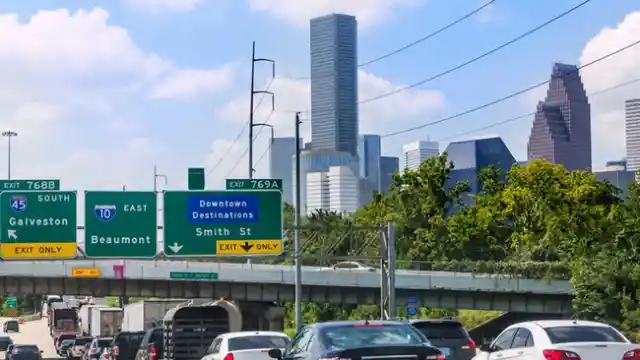

This European – upthebannana on Reddit – revealed their shock when they went to Texas: “the difference in religion is astounding,” adding that while Europe has beautiful churches, “they don’t seem to have the same spirit as [in] Texas.” The traveler was also shocked to see how much time Americans waste on morning commutes – “the driving distances are immense,” adding that people think an hour commute is normal.
English is Not Normal English
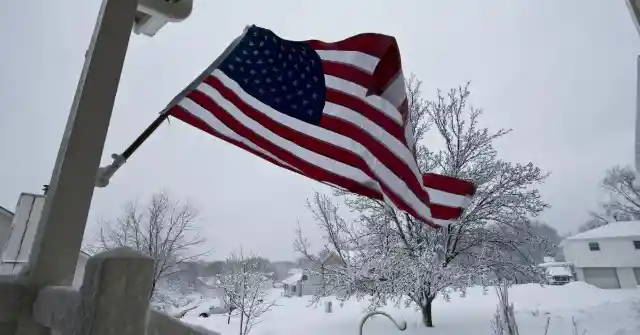

“They have this internal culture that they are the most awesome country on the planet, the most righteous, the most amazing. La crème de la crème,” said Andrei Cimbru on Quora. Plus, there are so many Europeans wondering why there’s an American flag on almost every house?
Chips Versus Fries
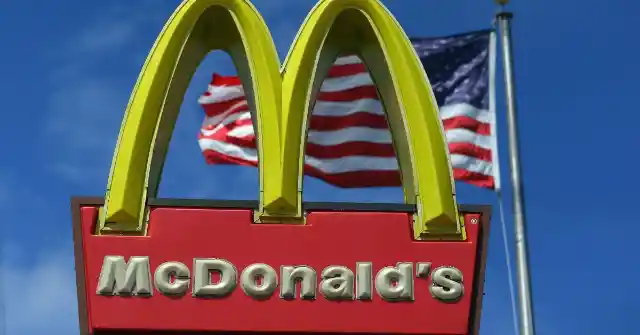

PeteSerut said that when he was in Florida, he went through a drive-through and had problems with ordering food. He is a Northern British man, but he doesn’t have an accent. So, when the lady couldn’t understand his order, “regardless of how slowly and carefully” he spoke, he decided to go inside. They still didn’t understand him, so he sent his sister to “put on her Florida accent” and order.
It worked, and the manager apologized, saying the “staff were only used to “normal” English.”
Pedestrians Get to Cross the Street


RaceHead73 went to the USA in 1987 and asked “for a burger and chips, then sat wondering why the hotel waitress looked at me funny. Then my food turned up…” Imagine his shock when he looked at his plate filled with crispy potato chips instead of fries!
Check out the next shocking and pleasing American habit…
That’s a Tank


Joseph Isip noted on Quora that he was “blown that drivers actually STOP to let someone cross the street,” and that to the motorist’s dismay, “people chat on their phones while leisurely crossing the street taking their sweet time.” Another user on Quora added that they were pleasantly impressed that the pedestrians “hand gestures a thank you for the driver’s patience.”
Cheers to not needing to dodge cars while on the crosswalk! Talking about cars, here’s the next shocked European…
A Huge State
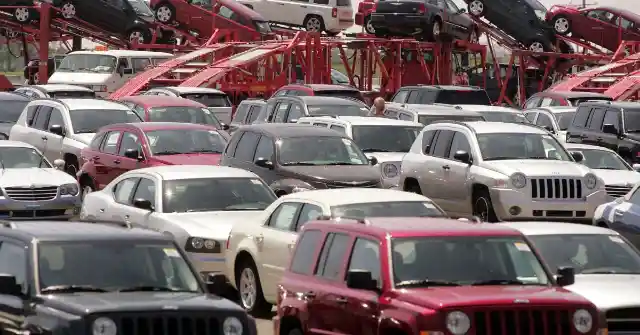

distractify.com
“I really wasn’t prepared for the size of the cars!” wrote Redditer 1115955, adding that they’re not used to climbing a car. “And we had a rental car, a Dodge of some sort, that was pretty much a tank,” explained the European.
Americans just love the open road and, with states so big, the need for big and reliable cars is obvious. This next European went to Texas and couldn’t believe how huge the state is!
Talking About Toilets?
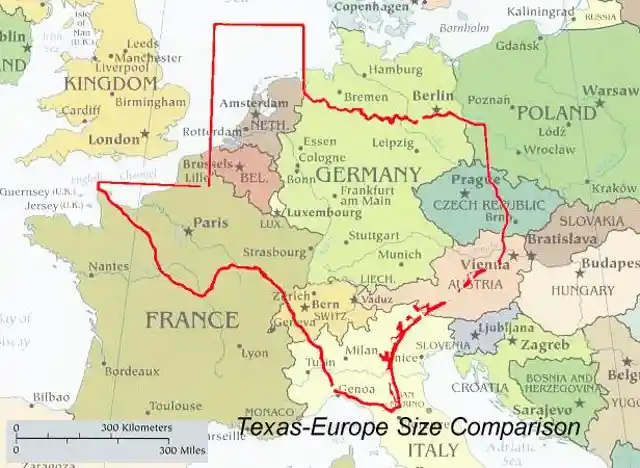
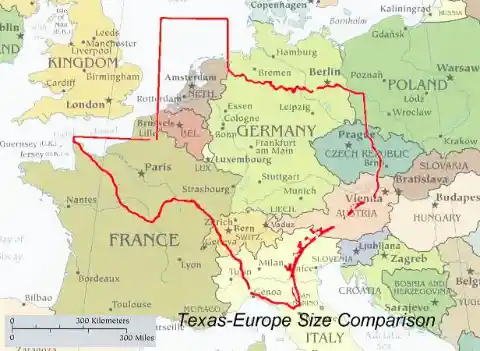
k5rcd.org
Just look at this photo, and you’ll get it! Iakar spent over 12 hours just driving their car through Texas: “I left my hotel in Texas at 7:00 am – stopped at McDonalds and got enough breakfast sandwiches to last me through lunch. I then stopped at a gas station to get gas and cigs and 2 cokes.” After one more gas station stop for gas, snacks, and toilet, he had to stop at another hotel at 7:30 pm, concluding: “I was still in Texas.”
Welcome to Walmart
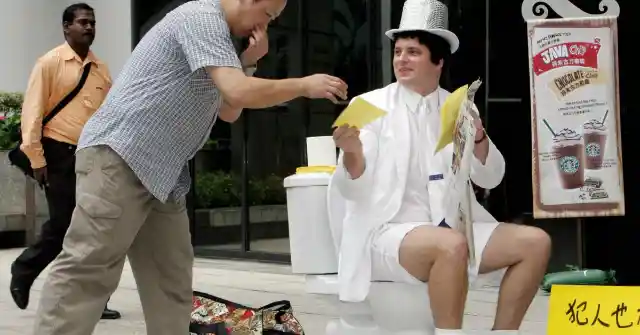

distractify.com
Wrappedi wrote on Reddit that there is “So much water in your toilet bowls! It’s like you’re taking your turd for a swim.” Well, how would our dogs reach the tasty toilet water for a lick or two? Just kidding!
So Many Festivals


imgur.com
“Not European (am Australian) but went to a Walmart in Arkansas. It was just like stepping into the People of Walmart page,” wrote DorcasTheCat. This Australian just got a first-hand experience with the wide range of people browsing America’s retail store and was not disappointed.
The Diversity In The USA


jonesaroundtheworld.com
Fay Yang is not a European, but wanted to share their experience with others: “I was in southern California and was impressed with the music scene, almost everyone I met was passionate about music and many play in their bands. This was very exciting.” What can we say, we Americans really need to rock out!
Casual “Hellos”


pinterest.com
“There is so much diversity in this country it amazes me. And I think this is the foundation of what makes America an interesting country,” wrote Andrei Cimbru on Quora. However, there are some major differences when it comes to strangers saying “hi” to you, explains another European…
Boston is Europe


youtube.com
“While walking around Austin, random people would just give me a “Hey, how’s it going” as they walked past. In the UK, if someone even looks like they might glance in your direction, it probably means they’re about to try selling you something,” explained Deixel. Well, not all Americans say hi – you won’t see this happening in New York, for example!
So Many Drug Commercials


bostonmagazine.com
Redditer the_geek_fwoop remembers that, when seeing Boston, they didn’t feel like they were in the USA: “Boston: didn’t notice I had left Europe.” The European also went to Houston and realized that “the people were as friendly as they were huge. And loud. Hugely loud,” adding that Nashville had delicious food.
Same-Colored Money


distractify.com
ElliotWalker5 was stunned to see so many drugs being advertised on TV: “Your commercials on TV for prescription drugs. We found the disclaimers for the side effects hilarious.” With so many Europeans weirded out by “strange” things happening in the US, we can’t help but find them pretty humorous.
Pharmaceutical commercials should seemingly punctuate the oddities remarked by foreigners visiting the US, but there are somehow even more instances where American norms leave foreigners scratching their heads…
Pajamas In Public
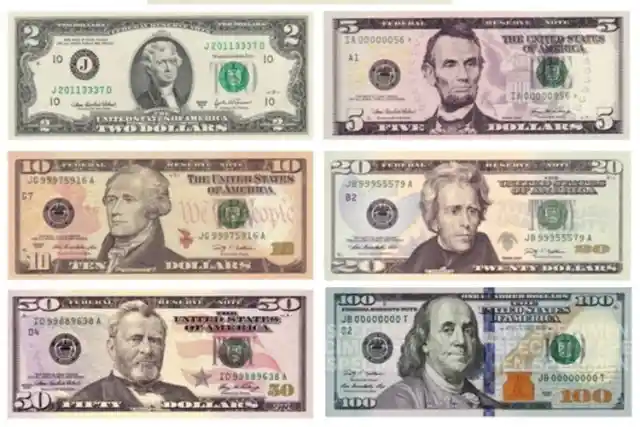
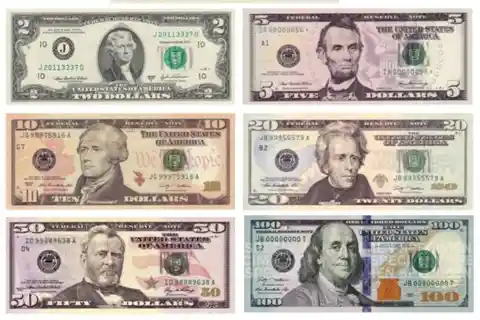
American currency might be practical, but it’s certainly not as fun or interesting as currencies from other countries. For instance, Australian money is not only brightly colored, but it’s also waterproof. In contrast, American bills are all the same size and color- making it tricky for a novice.
Who knows? Maybe one day America’s cash will be just as chic as Europe’s euros or Canada’s cleverly designed maple leaf notes. Until then, Americans can enjoy the colorful world of foreign currency.
Absurd Portions


Comfortable clothing is preferred in public settings by Americans more so than in any other country, where it’s unheard of to be seen out and about in your pajamas. In fact, one study found that 65% of Americans feel it’s appropriate to wear yoga pants in public, as opposed to just 8% of Germans.
So what’s the secret to American comfort? It could be our laid-back attitude or the fact that Americans simply value their leisure time more than other cultures. Whatever the reason, Americans love comfortable clothes and are not afraid to show it no matter what.
Ridiculous Amounts Of Advertisements
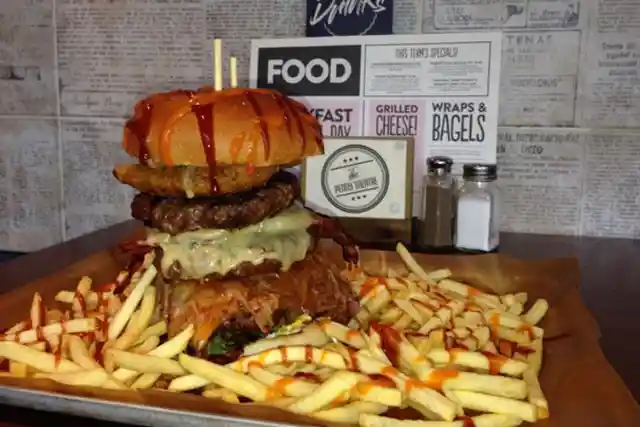

Americans love their food, and they love to see it in large portions. Whether it’s because they have bigger appetites, want to get value for money, or simply enjoy leftovers, the USA is known for its overflowing plates of deliciousness – something tourists from other countries can find hard to resist.
While Americans love large portions, there are definitely some drawbacks. For one, it can be really easy to overeat when your plate is piled high with food. And secondly, all of that extra food often goes to waste – something that’s not only bad for our wallets, but also for the environment.
Smiling At Strangers
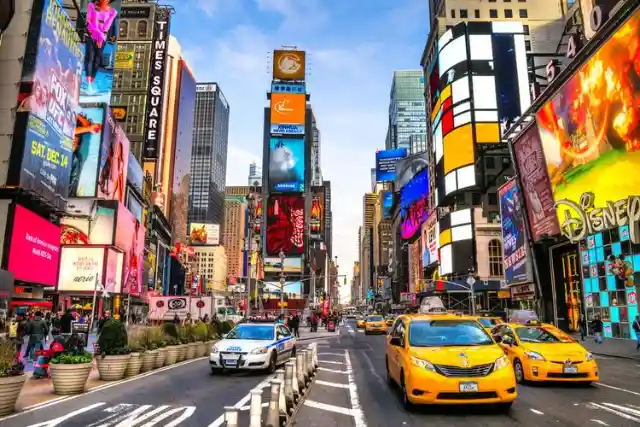
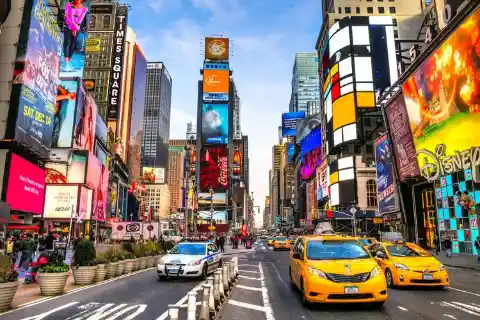
Something unusual that visitors to the U.S. comment on is the number of TV commercials Americans have – these randomly placed adverts are sometimes annoying. Fortunately, now that streaming shows are more common, American TV advertising consumption aligns more with global standards.
However, even though Americans may not like it, TV advertising is here to stay. In fact, it’s a big business – in 2017, spending on U.S. TV advertising was estimated at over 180 billion dollars. And it’s not just product placement; a whole industry has sprung up around making commercials themselves.
Huge Grocery Selections


People from other countries may see Americans as overly friendly because they smile at strangers interchangeably. In some parts of America, smiling at strangers is customary and considered impolite to not do so. Americans should be aware of the social norms of other cultures when traveling.
In some cultures, however, eye contact and smiling at strangers can be considered threatening or even aggressive behavior. So if you’re an American traveling abroad, don’t be offended if people from other cultures don’t smile back at you. It’s just a cultural difference.
Carding Older People
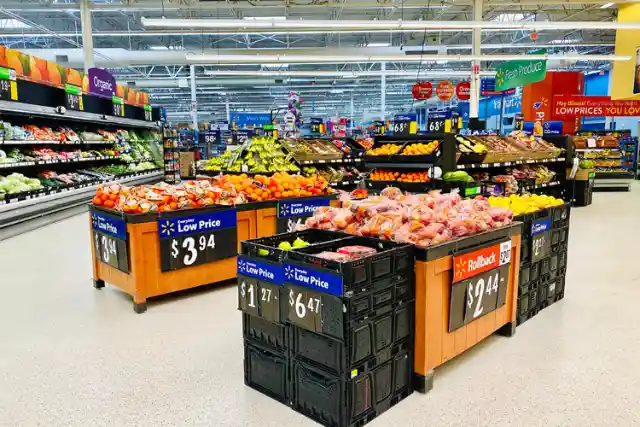

In the United States, customers love to have plenty of options available to them – this is true for everything from menus at restaurants to the wide array of items offered by big box stores. Tourists visiting the USA often express surprise at how many choices they have when shopping for food.
One of the most popular choices for groceries in the US is Walmart. This store offers an enormous variety of items, from food to clothes to electronics, all at very low prices. Walmart is so popular that it has even been given its own nickname: “the Walmart effect.”
Baby Showers Or Gender Reveals
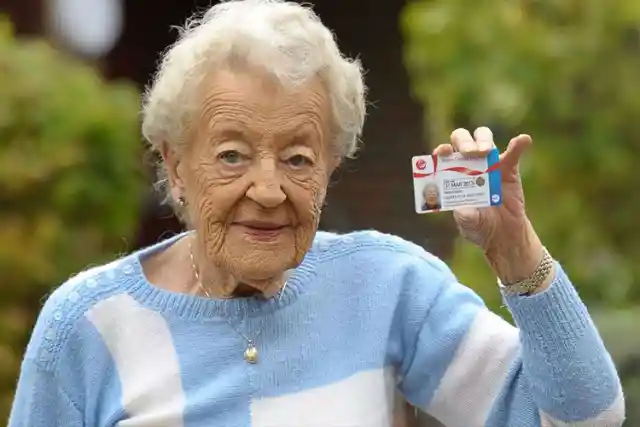
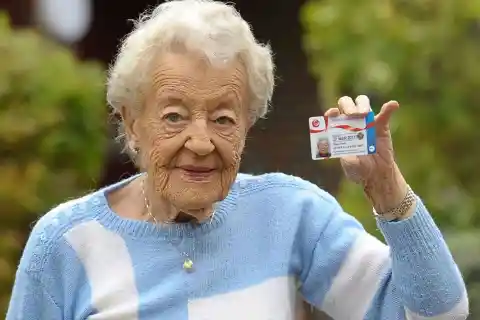
To visitors of the U.S., it may be funny to see older people being asked for their identification when purchasing alcohol – but store clerks are only doing their job. It’s actually the law. For older Americans, it does feel good to have their IDs checked. It makes them feel young and relevant.
However, there’s one time when being asked for ID can be frustrating: when you’re trying to rent a car. Most rental car companies require that drivers be at least 25 years old. And while some will make exceptions for drivers who are younger than 25 but have a good driving record, most will not.
Huge Road Sizes


Americans enjoy baby showers in the United States. It’s a chance to spoil the expectant mother and give the parents-to-be all kinds of baby gear to make life easier. In some countries, it is also considered bad luck to hold a gender reveal party before the birth of a child.
It’s not as common, but there are a few baby showers for men out there. And they can be just as fun. If you’re looking for something different to do for a friend or family member who is expecting, a baby shower for men may not be a very bad idea.
Over-Attentive Servers


The U.S. is a vast nation, and one of the advantages of having so much territory is that cities can have extremely big road dimensions, which you don’t see in other countries – especially in Europe — where roads are narrow and meandering. Such roads are not only present in rural areas, but also in cities.
It is not unusual to find a street that is several hundred miles long, which can be tiring for both drivers and passengers. Fortunately, there are ways to make these trips more bearable: take turns driving, plan for plenty of rest stops, and try to break up the trip into manageable segments.
Free Refills
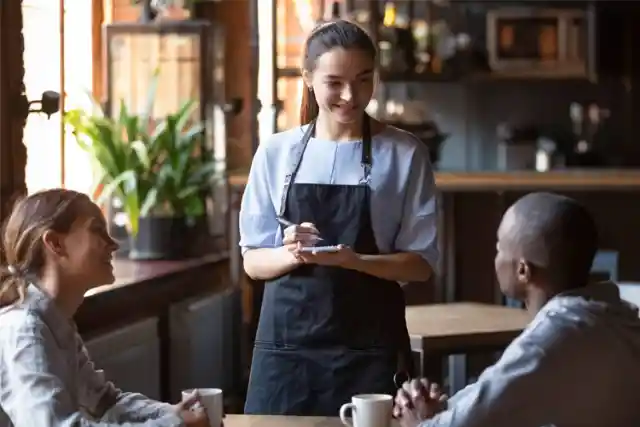

In many other countries, customers only have one or two brief conversations with their servers throughout a meal. In contrast, in the United States, where waitstaff relies on tips to make up the bulk of their income, Americans have a different approach to dining.
American waitstaffs are not only more attentive; they also earn more money when tables are turned over quickly. In the same way that Americans find driving on the left-hand side bizarre, visitors to the U.S. find their servers at their beck and call extremely weird.
Coffee To-Go
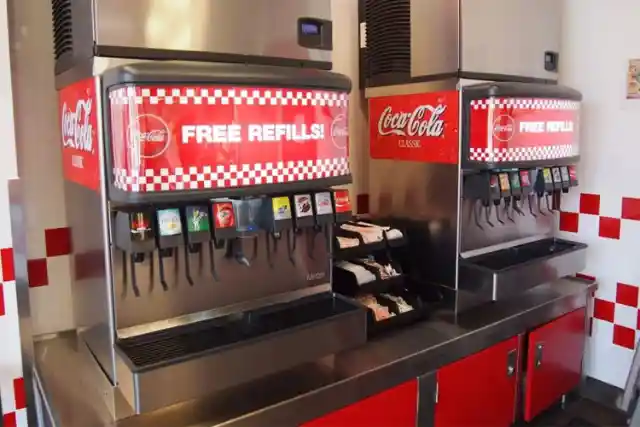
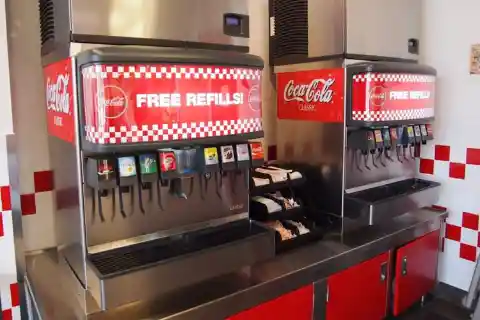
When Europeans discover that refills are free, they are ecstatic. When you visit many parts of the world and need to pay for refills, it appears odd to Americans. In most countries, when you buy a soda or a cup of coffee, you must also spend money on each additional cup.
Interestingly, some countries don’t allow you to get refills at all. In some countries, it’s considered rude to ask for a refill on your coffee. You’re supposed to enjoy it as is and move on. Ordering a second coffee would be like ordering a second glass of wine – it’s just not done.
Tipping


In many nations, coffee is intended to be enjoyed while seated and watching the world go by. Not so in the United States. Americans enjoy their coffee on the run, whether it’s from a drive-thru or purchasing one to take with them as they shop. Their coffee culture differs from that of other countries.
This is especially true in the morning when Americans are more likely to grab a quick cup of coffee and go. They are less likely to take time to sit and enjoy their coffee, opting instead for convenience. In the United States, coffee is often seen as a necessity rather than a luxury.
Drive-Thrus
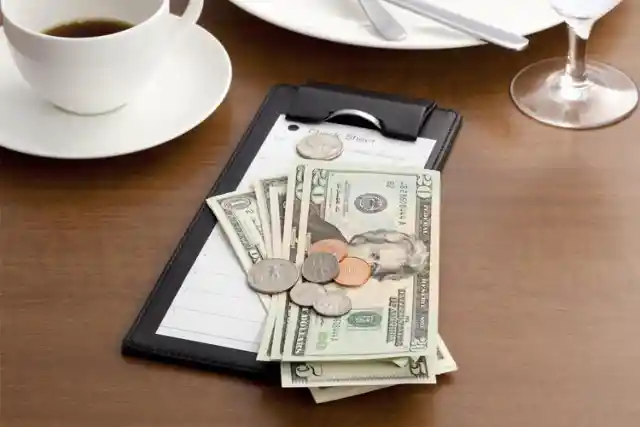
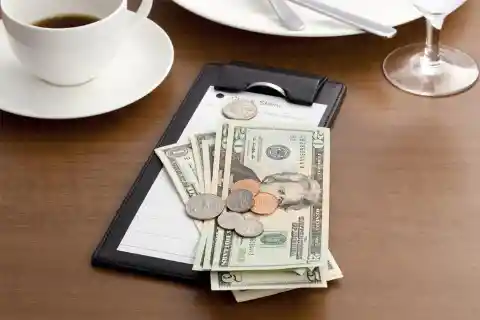
In the United States, tipping is not only expected, but it comprises the bulk of restaurant servers’ salaries since their hourly rate is so low. In most European countries, waitstaff are generally paid a decent wage that does not necessitate using tips to finance their expenses.
Tipping isn’t expected in most European nations because service charges are already included in the cost. In China, tips are also considered rude because they are a form of bribery. Tipping is also not customary in Australia, New Zealand, and Canada.
Tons Of Ice
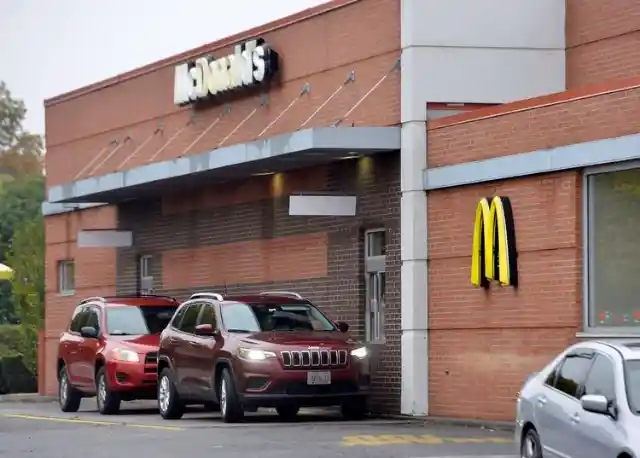
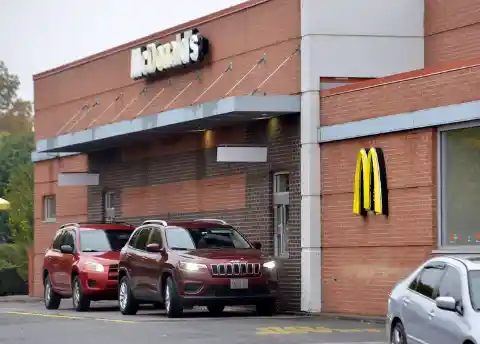
The first drive-thru in America opened in 1947 at Red’s Giant Hamburg in Missouri. By the 1950s, they were becoming popular all over the US. While they may have started with motorists picking up a bite to eat, the drive-thru business has expanded well beyond the restaurant industry.
Today, you can find drive-thrus not only at fast food restaurants but also at banks, liquor stores, and pharmacies. Drive-thrus are primarily an American phenomenon as the U.S. is very car-centric. In most other parts of the world, people have to park their cars and go into a business to get what they want.
Giving Away Credit Cards
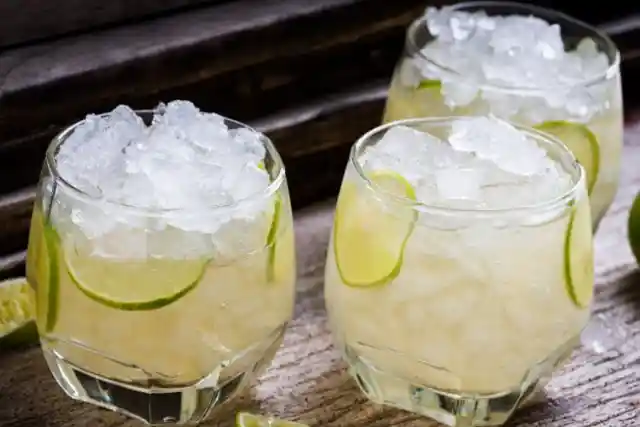

Although America’s infatuation with ice beverages is notorious, many tourists request less ice because they believe it dewaters the drink. It’s not typical in other countries to fill a cup full of ice; instead, you typically get one or two cubes at most.
So when you order an iced drink in Europe, don’t be surprised if it comes with less ice than what you’re used to. If you want your drink without ice, simply request “no ice” or “sin hielo.” When ordering cocktails, bartenders often make them very strong, and adding ice water would only weaken the drink.
Cheerleaders At Sporting Events
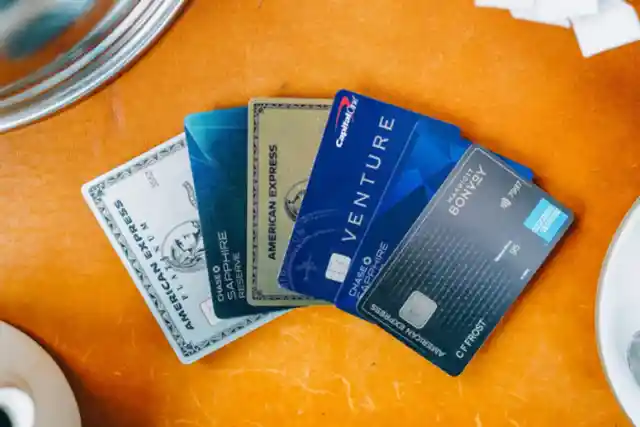
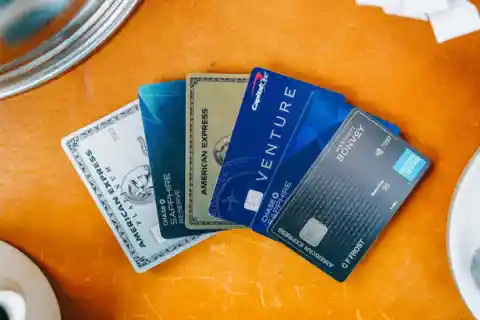
In other countries, handing your credit card to a complete stranger may be a risky business. Unlike in the United States, the waitstaff will swipe your credit card through a machine right next to your table so that it is always within sight.
Many countries have also implemented a “chip and pin” system for credit cards, which requires the cardholder to enter a personal identification number (PIN) into the credit card reader in order to complete a transaction. This makes it more difficult for criminals to use stolen credit cards.
Constant A/C


Have you ever tuned in to a worldwide soccer match? Because they’re a completely American phenomenon, you’re unlikely to see any cheerleaders. While the origins of cheerleading are uncertain, it was first recognized during a football game between Princeton and the University of Minnesota in 1897.
It wasn’t until the 1920s, however, that cheerleading became an official part of college football. In 1923, the first intercollegiate competition for cheerleaders was held at Princeton University. Today, competitive cheerleading is a widely popular sport with its own national championship.
Ads For Lawyers & Prescriptions
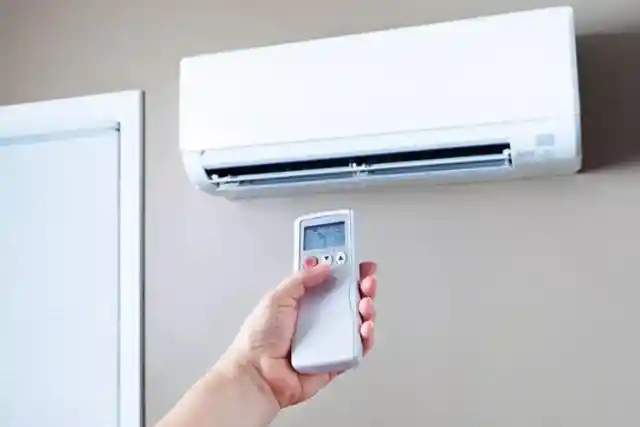

In sizzling nations, air conditioning isn’t always left on, but in the USA, businesses often set AC to a chilly temperature. According to the Washington Post, a 2008 survey found that 88 percent of Americans say they find some retail establishments too cold.
Another 76 percent say they have to bring an extra layer of clothing with them when they visit restaurants or movie theaters. In the summer, people often leave their air conditioners on even when they’re not home in the United States, which can waste a lot of energy.
Shopping At Superstores


It’s no wonder that pharmaceutical companies spend a fortune on advertising in the USA. If you watch the evening news, you’ll notice that nearly 90% of commercials during prime time are for prescription drugs – which is pretty strange to people from other countries.
The same can be said for attorney commercials; they’re everywhere in America, but you very rarely see them abroad. The American legal system is much more complex than that of most other countries. This makes it much more difficult for people to resolve their disputes without the help of a lawyer.
Late-Night Dining


Americans adore big-box stores, and they’re prepared to pay a year’s membership fee just to get their hands on all of the huge goods. They don’t have any problems stacking their pantries and garages with food that will last for months because houses in America are usually spacious.
However, what happens when Americans need to purchase an item that is a bit outside of the box, such as a piece of furniture? The problem with big-box stores is that they don’t always offer the same level of customer service as smaller businesses. For instance, big-box stores don’t usually allow returns.
Gender Neutral Bathrooms
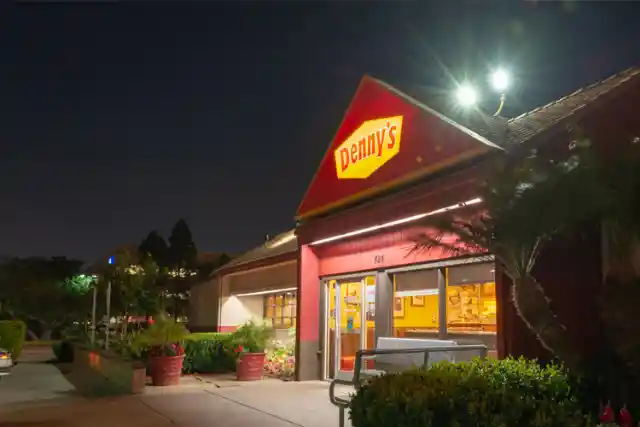

In America, if you’re ever hungry in the middle of the night, there’s always a 24-hour restaurant open to satisfy your cravings. Although these restaurants are commonly thought to only appeal to the club and bar crowd that’s out late at night, the first establishments actually opened near factories.
One of the most popular 24-hour restaurant chains in America is Denny’s. This chain started out as a donut shop in California in 1953 and eventually expanded to become a full-service restaurant. Today, there are over 1,500 Denny’s locations across the United States.
Excessive National Pride
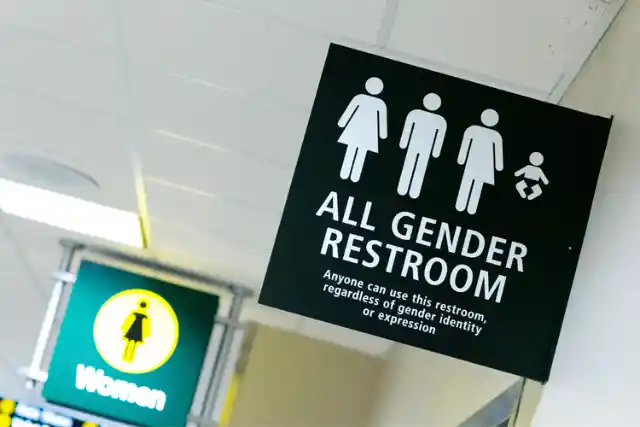
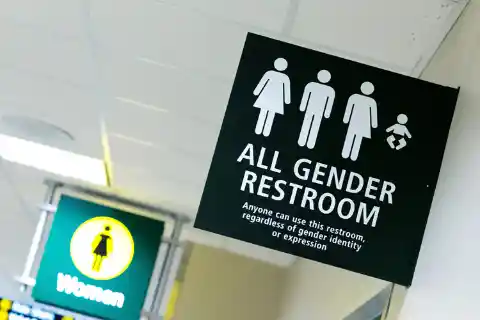
To foreign travelers, America’s single-occupancy restrooms — commonly called gender-neutral or family bathrooms as the case may be — can be confusing. In the United States, these spaces are typically labeled as such and separate from larger shared restroom facilities.
The use of single-occupancy restrooms is often seen as a more private and intimate experience, which some travelers may prefer. As more and more businesses and public spaces adopt gender-neutral bathrooms, it’s important for travelers to know what to expect.
Using Coins


American patriots love to publicly express their national pride, but this might appear over the top to people from other cultures. For example, many Americans display flags in front of their homes, wear patriotic colors, and even get tattoos of the American flag.
Some argue that these public displays of patriotism are tacky, while others believe they are a necessary part of being a proud American. There is no right or wrong answer, but it is important to be aware that not everyone will share your enthusiasm for showing off your national pride.
Not Taking Vacation
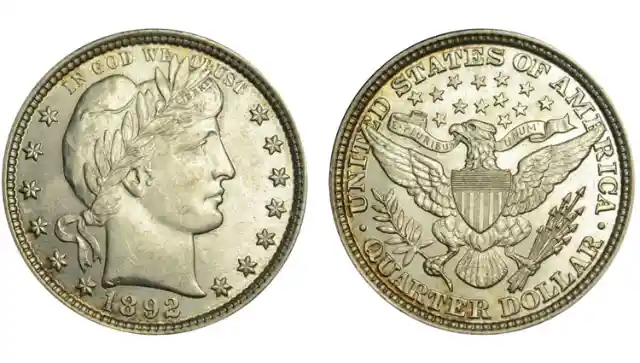
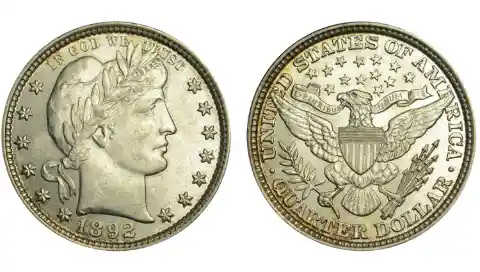
To foreigners, the U.S. coin system can be confusing – the size of a coin doesn’t correspond to its value. A quarter makes sense, but having a dime that’s smaller than a nickel is just perplexing. This is all due to the Congress of 1792, which decided that a dollar should be split up into 100 cents.
This system made sense when the U.S. was first founded, but as time went on and the country grew, it became clear that the system was no longer practical. In 1857, Congress changed the size of some of the coins to make them more uniform, but it wasn’t until 1892 that the current sizes were established.
Microwaves
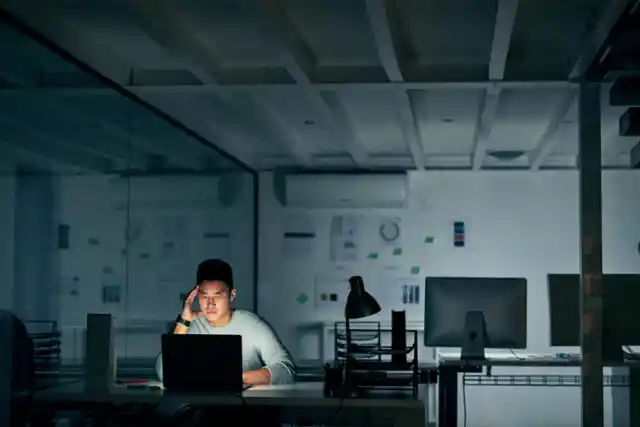

In contrast to many European nations, where people receive six weeks of paid vacation a year, the typical American receives just two weeks. Other countries may view Americans as workaholics because of our long work hours, brief lunch breaks, and lack of paid vacation time.
But there are some upsides to the way Americans approach work. For one, Americans tend to view work as an opportunity to learn and grow, rather than simply a means to earn a paycheck. This can lead to greater job satisfaction and a more positive outlook on work in general.
High Medical Bills
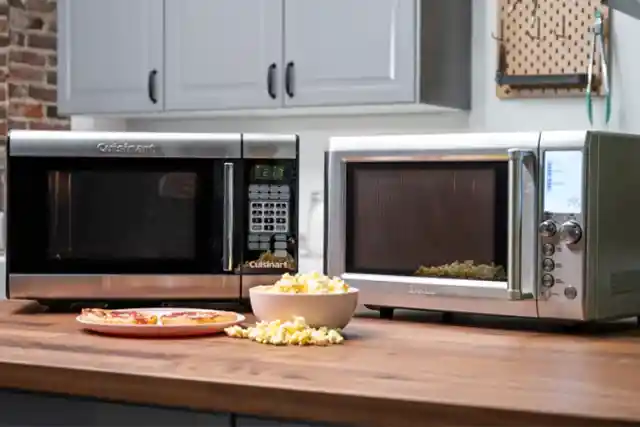

Surprisingly, the U.S. is not the only country with a love affair with microwaves. Finland is also quite fond of this quick-cooking kitchen appliance, but in many European countries, it’s much more difficult to find one. For example, you would be hard-pressed to find a microwave in a home kitchen in Greece or Italy.
This may be because, in general, Europeans tend to cook from scratch more than Americans. In fact, according to a 2009 Eurobarometer survey, 96 percent of Greeks always or almost always cook meals from basic ingredients, compared to 74 percent of Americans.
Deep Fried Foods


In the U.S., healthcare is a huge business, and unfortunately, Americans pay some of the world’s highest medical expenses. With decent health insurance, you may be reimbursed at least part of the cost; however, those who don’t may find themselves in big debt after a visit to the hospital.
Healthcare costs are frequently subsidized or covered by national health insurance programs in other countries. In the U.S., however, things are different. There is no national health insurance program, and instead, each person is responsible for their own health insurance.
Refrigerating Eggs
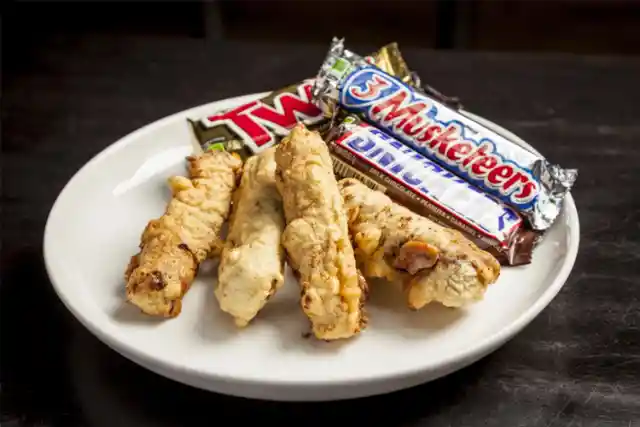
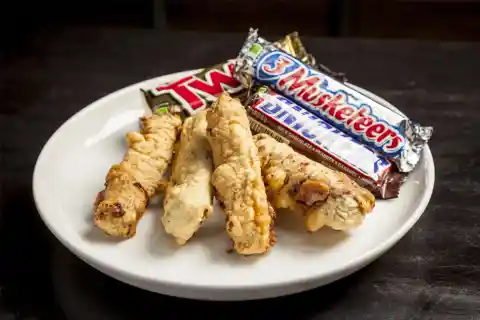
Although it’s not the healthiest, fried food is undeniably delicious – something Americans love to eat. While foreigners understand frying chicken and fish, they might find it strange that Americans also fry Twinkies, candy bars, and other unusual American snacks.
Fried food is a staple of the American diet, and Americans have a long history of frying various foods. In the South, fried chicken is a popular dish, while in the Midwest, fried fish is more common. No matter where you are in the country, though, you’re likely to find some fried foods on the menu.
Commercial Pharmacies


If you go to another nation, it may surprise you to know eggs are not kept in the fridge. Americans may be doing things all wrong. In the U.S., eggs go through a rigorous washing procedure that not only eliminates chicken dirt but also removes the egg’s protective coating.
As a result of this washing regimen, it is necessary to refrigerate American eggs. However, some countries don’t wash their eggs. Instead, they have a much gentler cleaning procedure that doesn’t remove the coating. So the eggs can be stored at room temperature without fear of them going bad.
Grape-Flavored Candy


In some nations, a pharmacy only sells drugs or medical supplies. In America, pharmacies are like miniature grocery stores; many of them sell toys, food – and even alcohol. Why would someone buy beer at a place that also sells Band-Aids? However, upon closer inspection, it makes perfect sense.
The reason that pharmacies sell alcohol is that many people use it for medicinal purposes. For example, alcohol can be used as a disinfectant or an antiseptic. It can also be used to relieve pain or to help someone sleep. In addition, alcohol is often used in cooking, as it can add flavor to food.
“How Are You?” As A Greeting
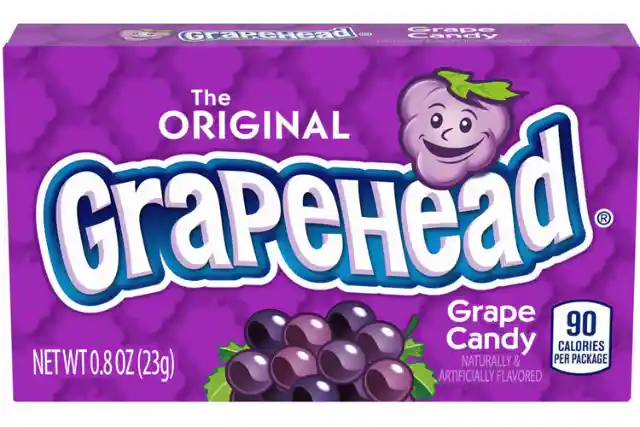
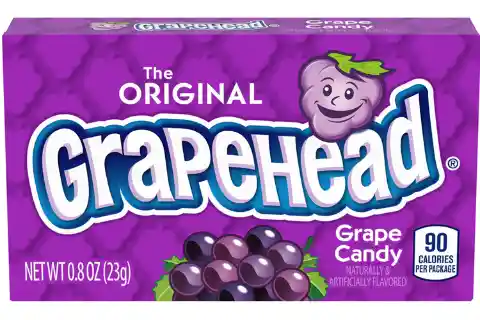
It may come as a surprise, but grape-flavored candy is actually an American thing. Americans love that artificial grape flavor in everything from candies and popsicles to soda. However, if you travel elsewhere, you’ll be hard-pressed to find anything similar.
So why is grape flavor so popular in the U.S.? It turns out that it’s all thanks to scientists working for the National Foundation for Celiac Awareness. In the early 2000s, they developed a new type of Grape Kool-Aid that was gluten-free and safe for people with celiac disease.
Giant Toilet Stall Gaps
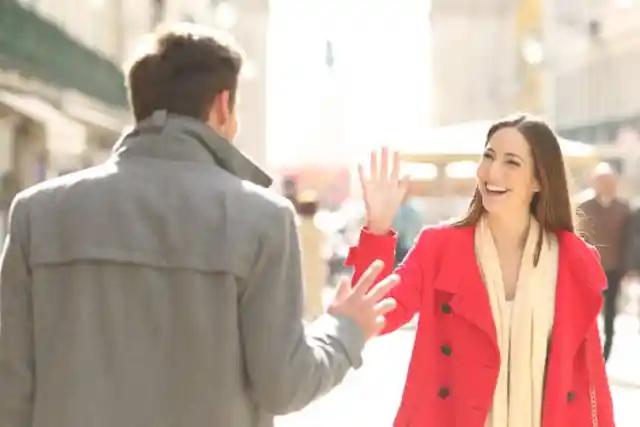

When Americans greet someone with “how are you?” they usually don’t need or want a super long answer. In America, this phrase is more of a formality than anything else. However, foreigners might not realize that and give you a rundown of their life instead of just saying they’re good.
If you’re ever unsure of how to answer this question, just say “I’m doing well, thank you.” This is a short and sweet answer that will suffice in most situations. If you want to be a little more specific, you can say “I’m good, thanks for asking.” However, it’s best to keep your answer brief.
Not Including Sales Tax In Pricing
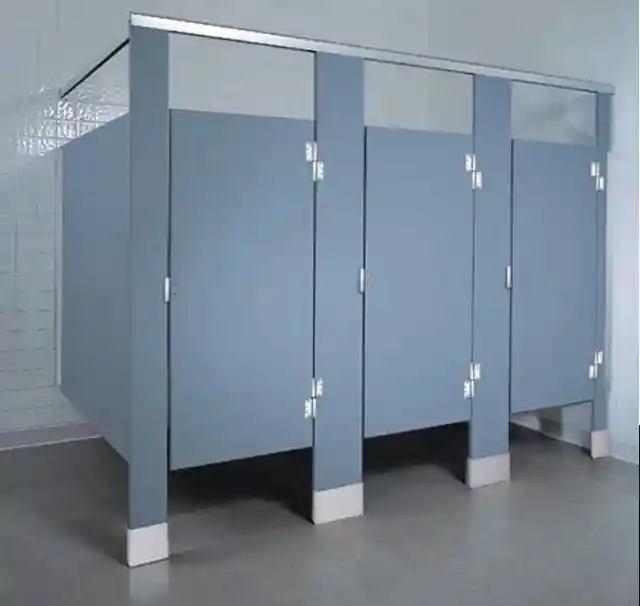

The many gaps at the bottom of our toilet stalls in America often perplex and disgust visitors to our country. These gaping spaces appear odd to us, but upon further inspection, it appears there may be several reasons for their existence, easier cleaning of the stall is one explanation.
It is unclear exactly when and why these gaps appeared in American toilets, but they are not unique to the United States. Toilet stalls in other countries, such as Japan, also have gaps at the bottom, although they are not as pronounced as they are in America.
Flying Tons of Flags


As opposed to other countries where sales tax is included in the advertised price, this isn’t the case in America. If you’re visiting from Europe, be prepared to see an additional cost at the register due to sales tax. Depending on the state you’re visiting, this tax can range from 4% to 10%.
If you’re used to using credit or debit cards for your purchases, be aware that many smaller businesses in America only accept cash. While larger stores and restaurants will usually take cards, it’s always a good idea to have some cash on hand just in case.
Imperial System
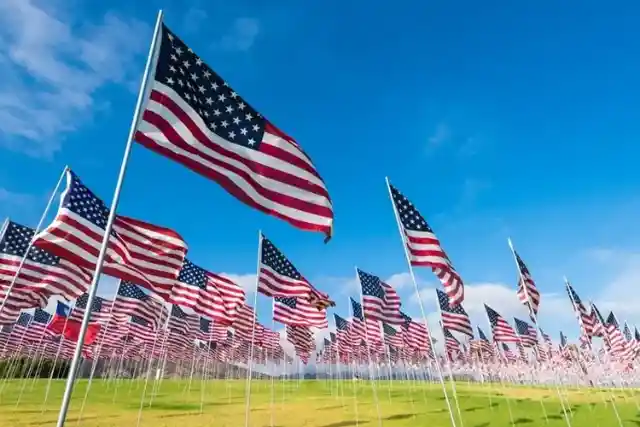
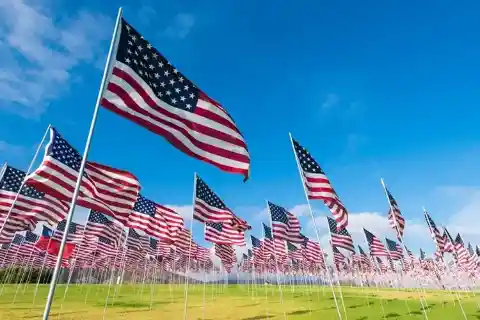
A whopping 65 percent of consumers own an American flag, as reported by the National Retail Federation. Americans reserve them for special patriotic holidays and are a proud nation that loves to show their national pride all year round by adorning their homes and businesses with the stars and stripes.
In addition to the traditional uses for flags, such as flying them on flagpoles or draping them over our porches, Americans also use them to show their support for their country’s sports teams, by waving them at games or hanging them from RVs and cars and by displaying flags at community events.
Talking About Work
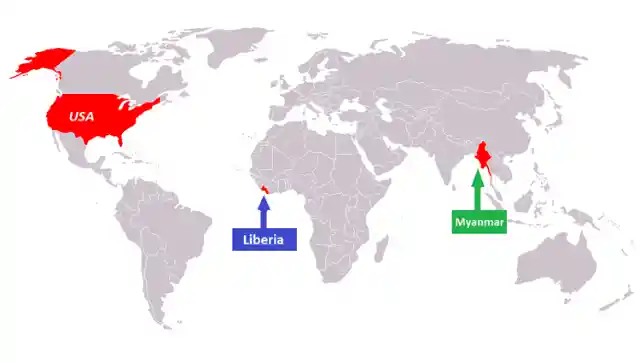
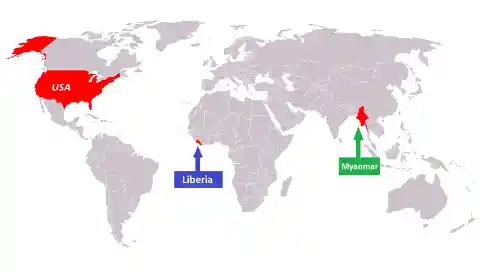
The United States is one of only three countries in the world that still use the Imperial System. In most other nations, the metric system has been adopted as their primary measuring system. This can be confusing for both Americans traveling overseas and for foreign tourists coming to visit America.
The metric system is used extensively in science, medicine, and many other fields. In fact, only three countries in the world have not officially adopted the metric system as their primary measuring system: Myanmar, Liberia, and the United States of America.
Being Loud


If you think about it, Americans love to ask people about their occupations. It’s almost as if our job defines a large part of our identity and other cultures find that amusing. According to The Guardian, Americans view this question as an ice-breaker; small talk for learning more about the person.
Americans also enjoy talking about work outside of office hours. Considering most American workers don’t get much vacation time, have long working hours, and often discuss work after hours. Other cultures, such as the Germans and Japanese, don’t ask about occupation because they feel it’s rude and intrusive.
Red Solo Cups


Other countries may view Americans as excessively loud since they are sociable. Americans can’t help it – they love to whoop it up with the best of them and aren’t bashful about expressing their delight and enthusiasm. This may make other cultures perceive Americans as being brash and impolite.
Other cultures may find their directness offensive. Americans tend to say what they mean and mean what they say. They don’t play games with words or try to be deliberately vague. More importantly, their love of freedom and individualism can also be a source of friction with other cultures.
Two Political Parties


The Red Solo Cup is such an iconic symbol of Americana that country music artist Toby Keith wrote a hit about it. It’s rumored that in other countries, “American-style” drunken gatherings take place where everyone drinks out of – yes, you guessed it – a Red Solo Cup.
In 2012, solo cups were thrust into the political spotlight when then-presidential candidate Mitt Romney was caught on camera saying he liked “being able to fire people.” in reference to the ability to fire one’s health insurance company, but people thought he was out of touch with the average worker.
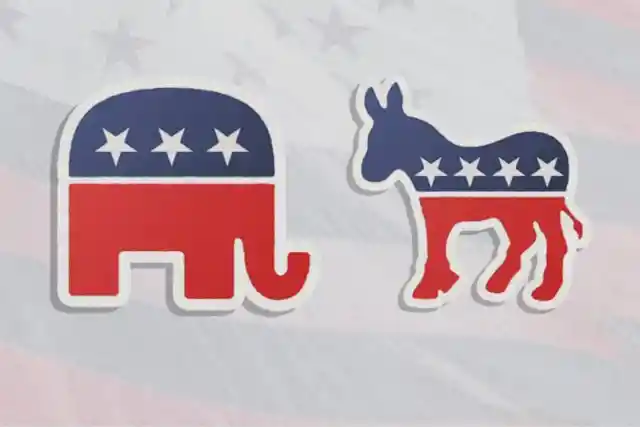
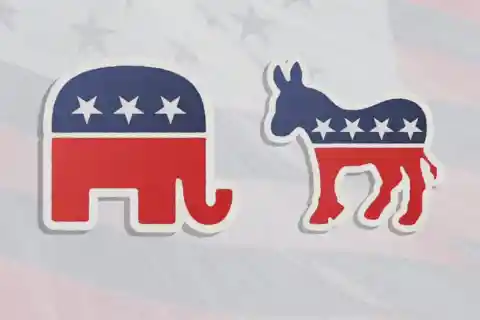
The majority of people in the United States would likely respond that they are affiliated with the Republican or Democratic parties. These two parties have won every US presidential election since 1852. However, many other nations have more than two political organizations,
And considering the current political divide, it may not be a bad thing. George Washington’s successor, John Adams, worried that a “division of the republic into two great parties…is to be dreaded as the great political evil,” according to The Atlantic.